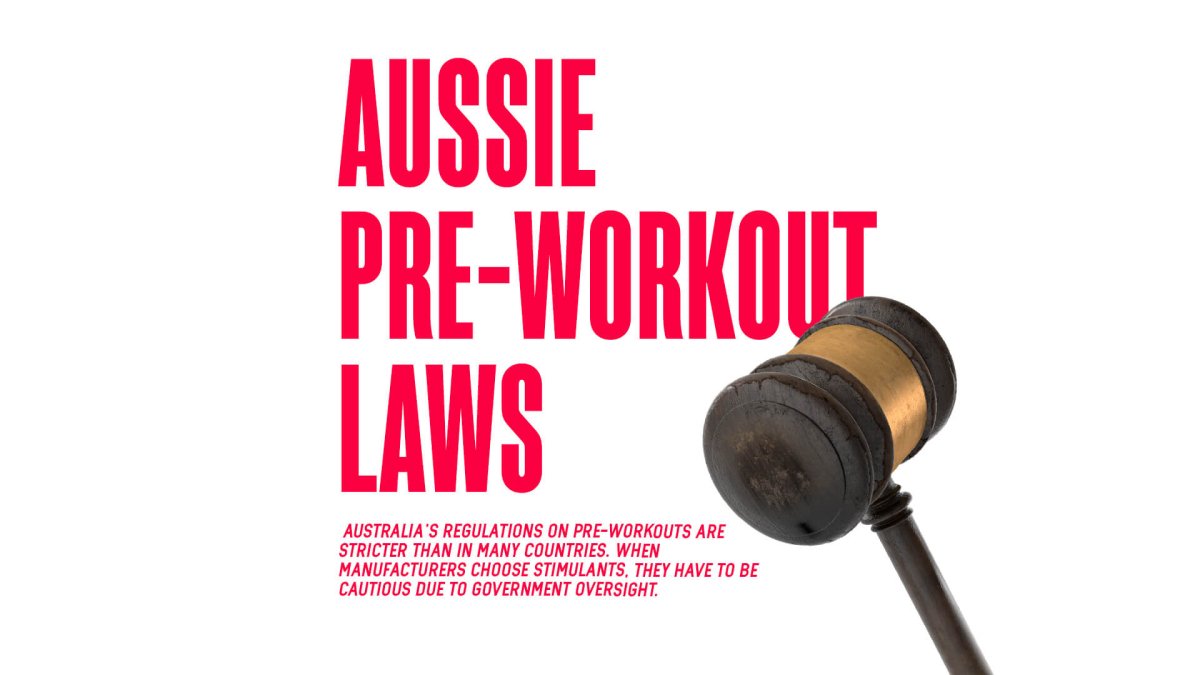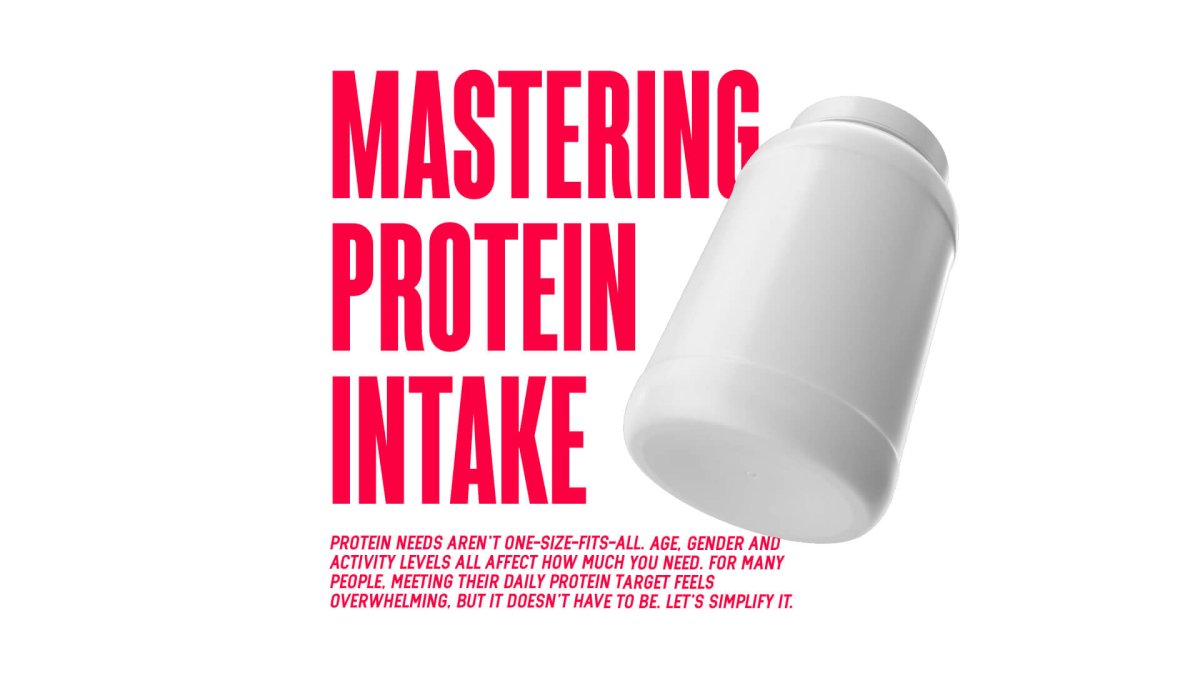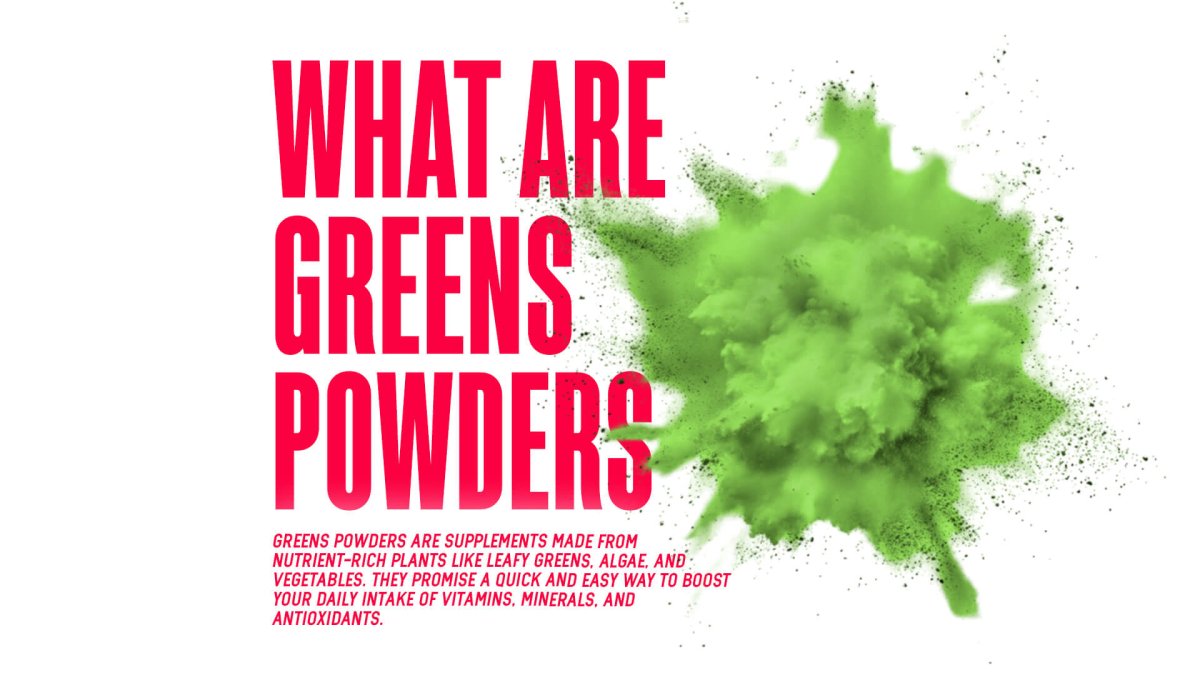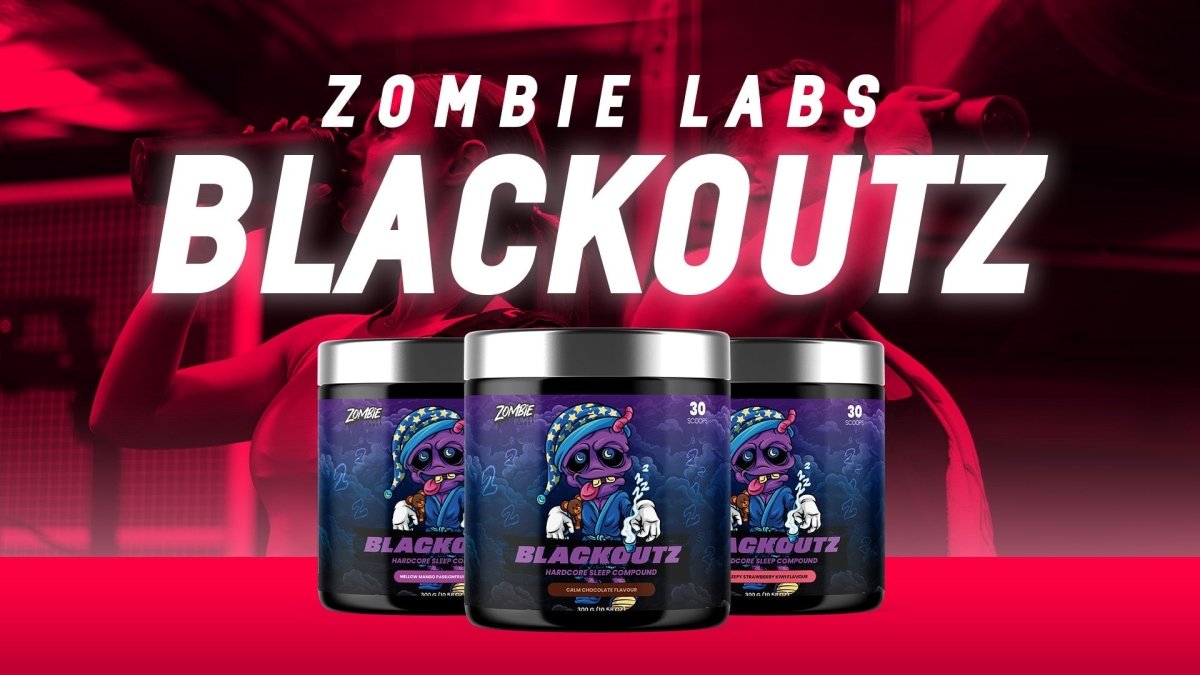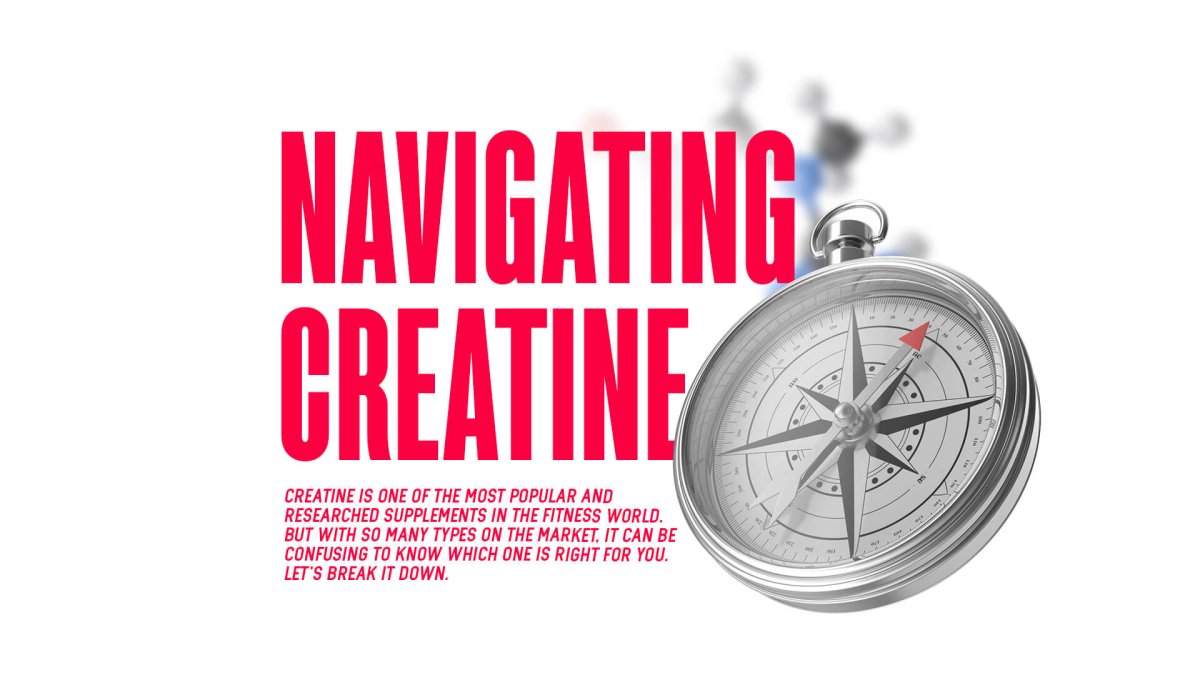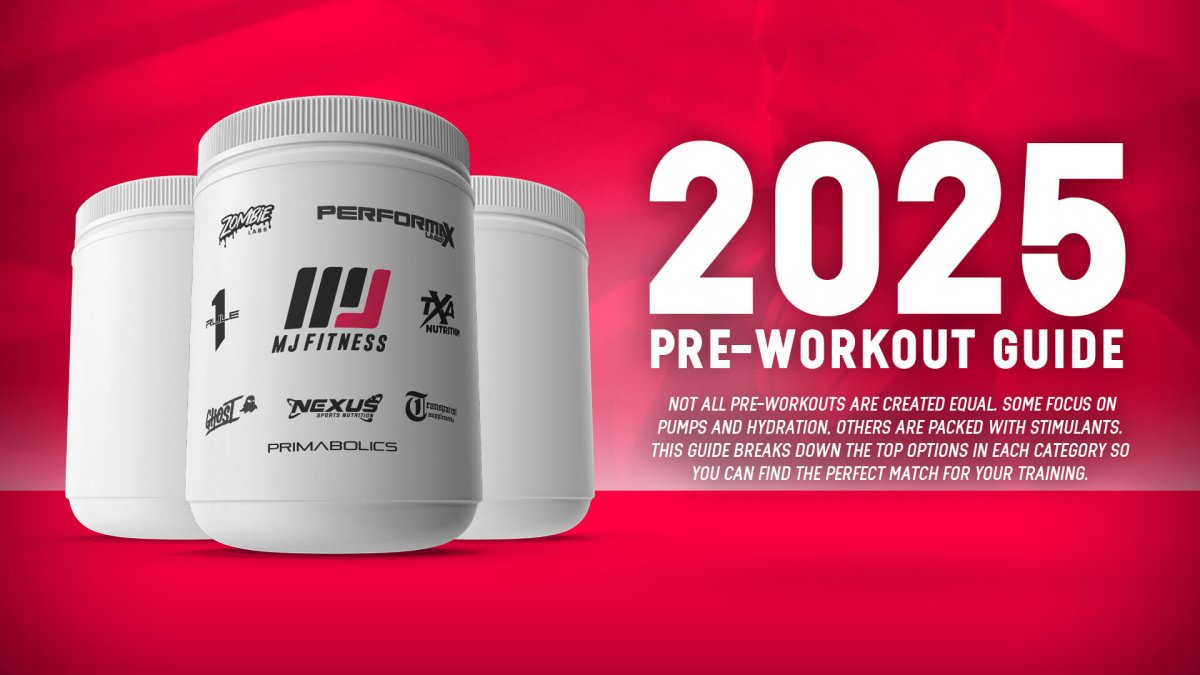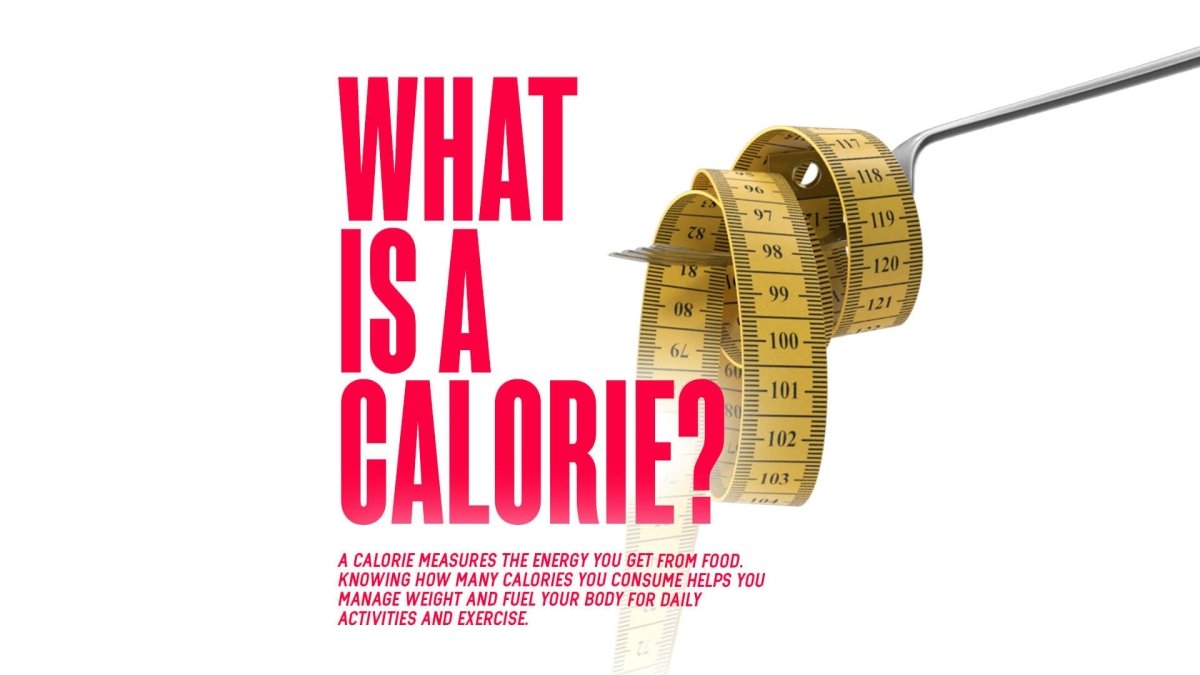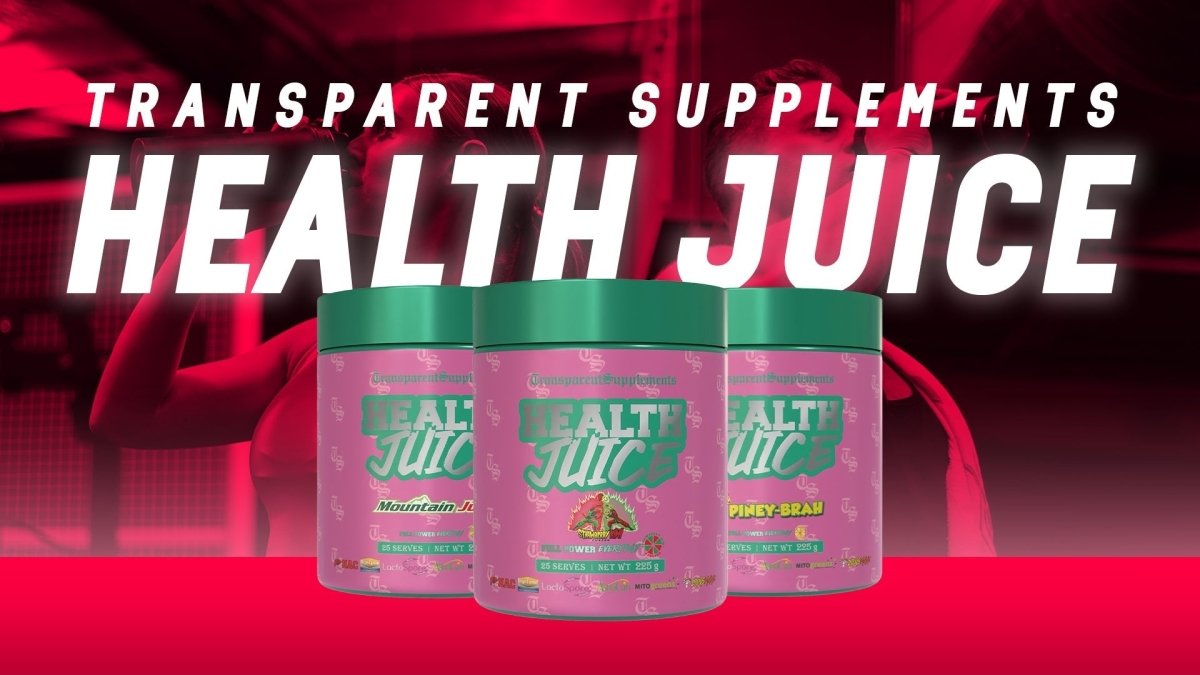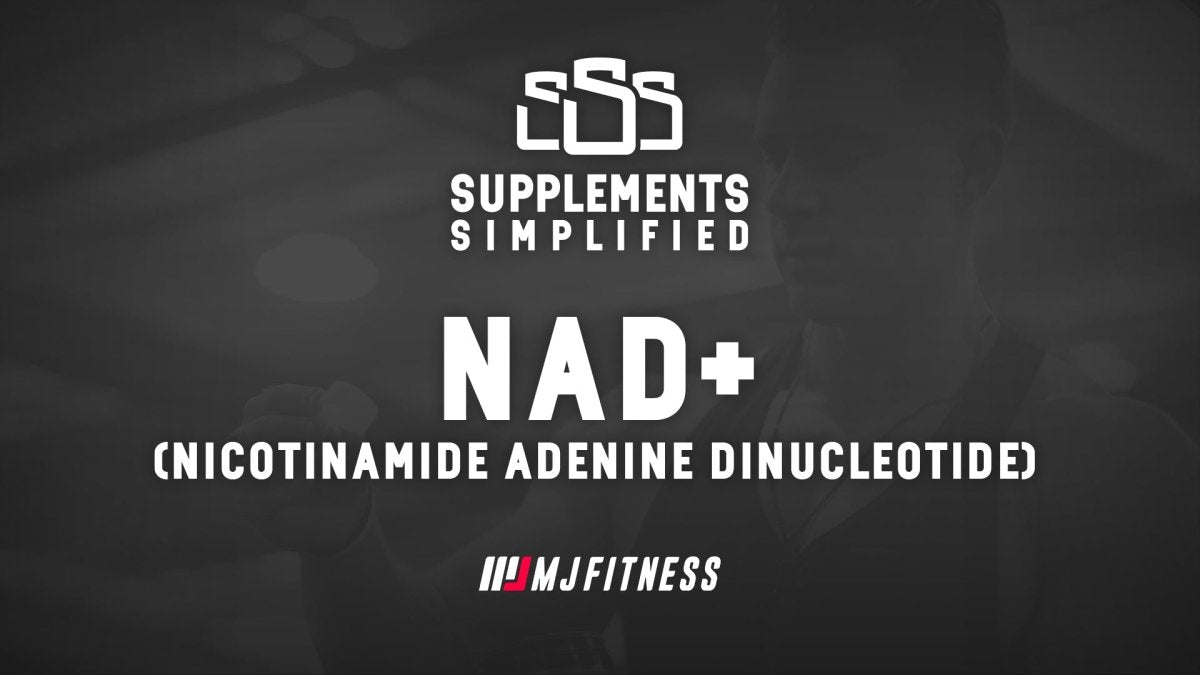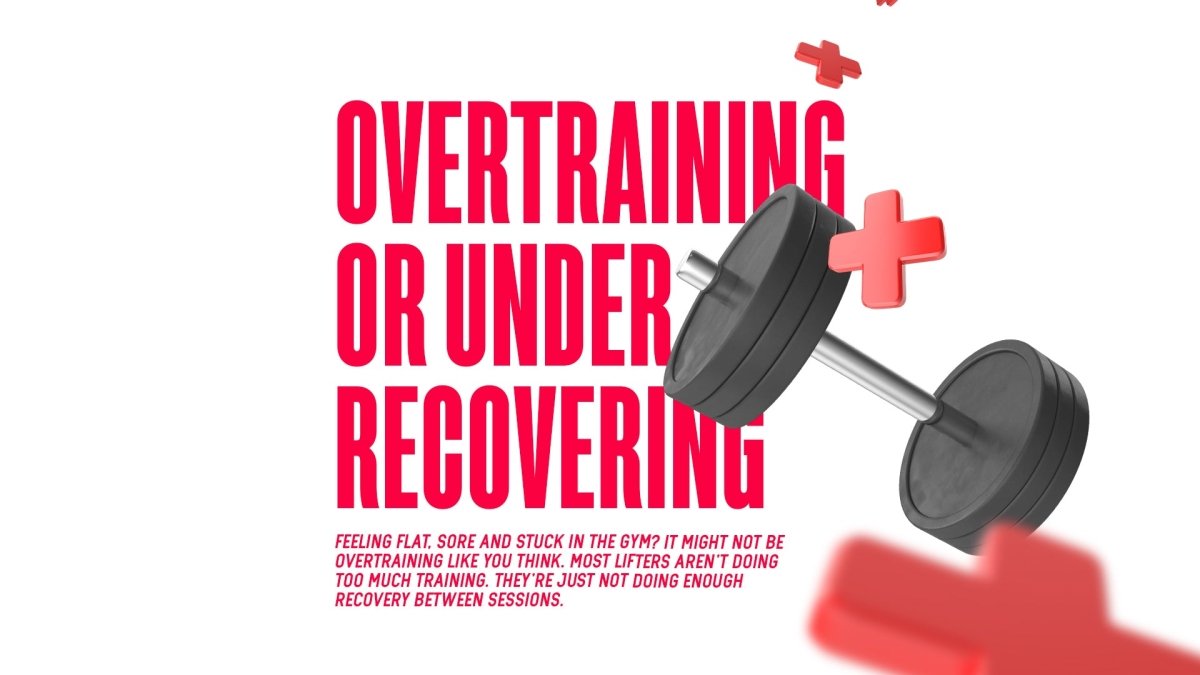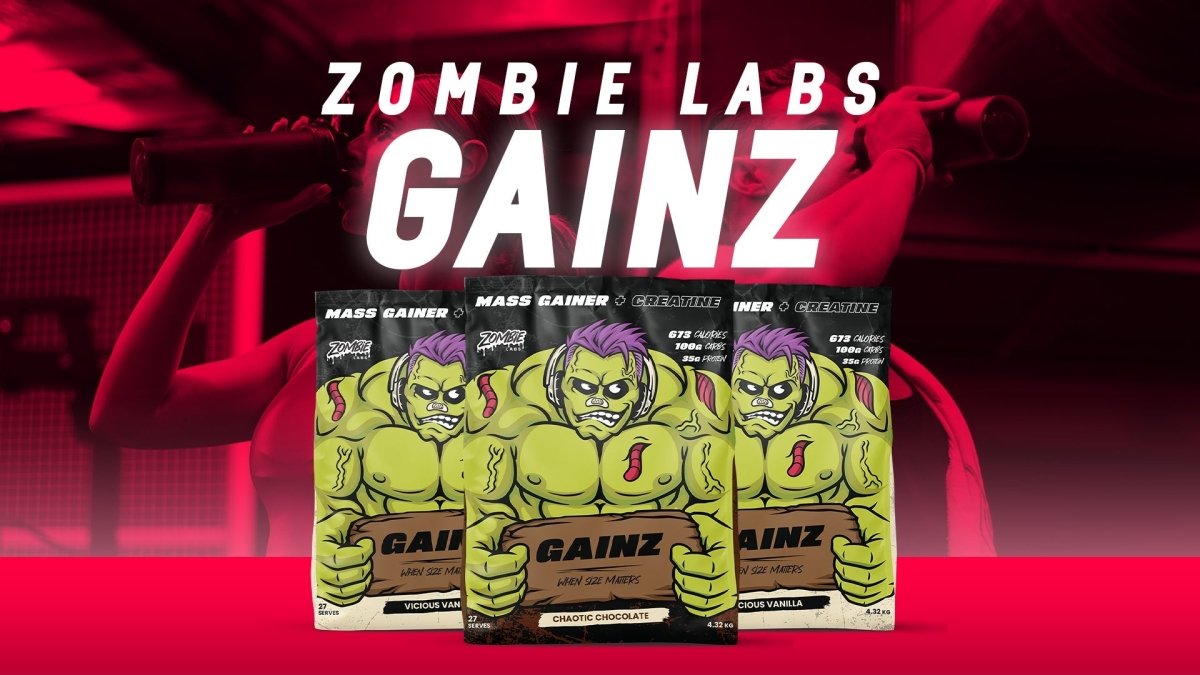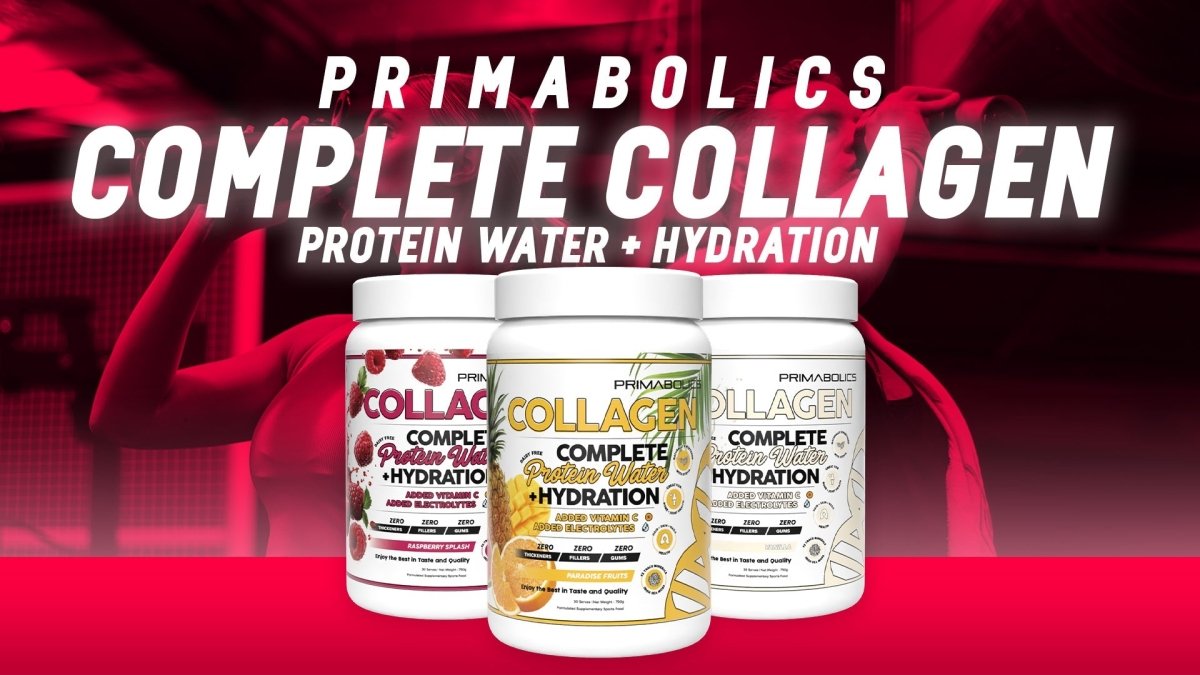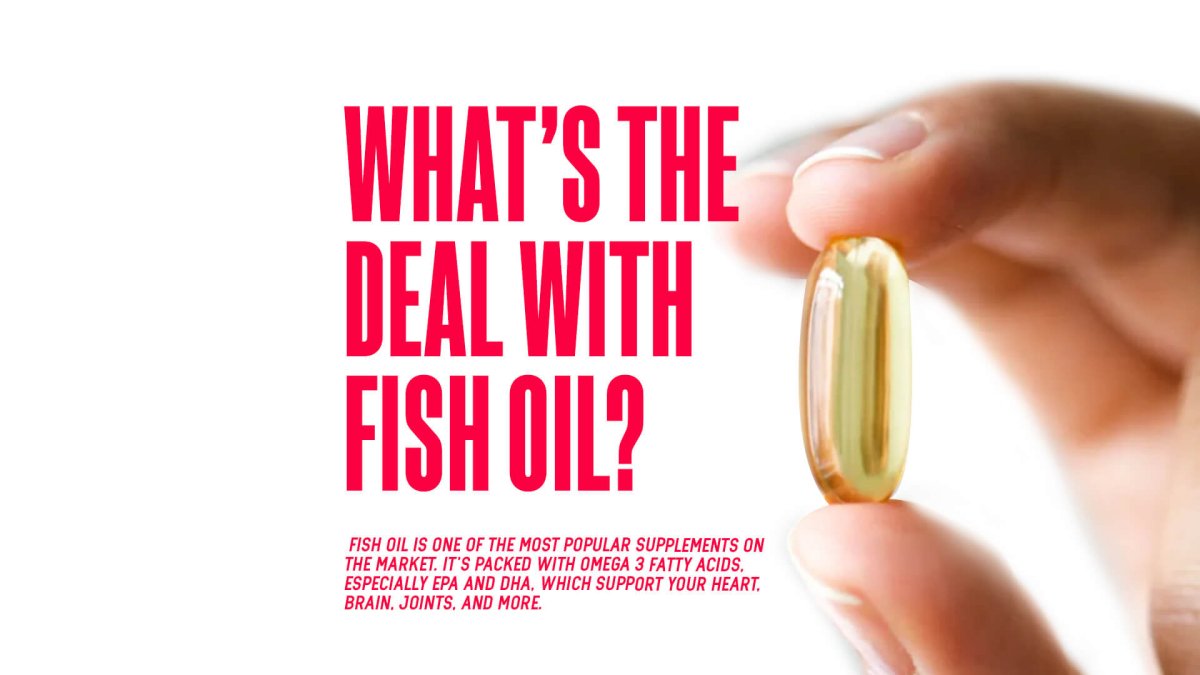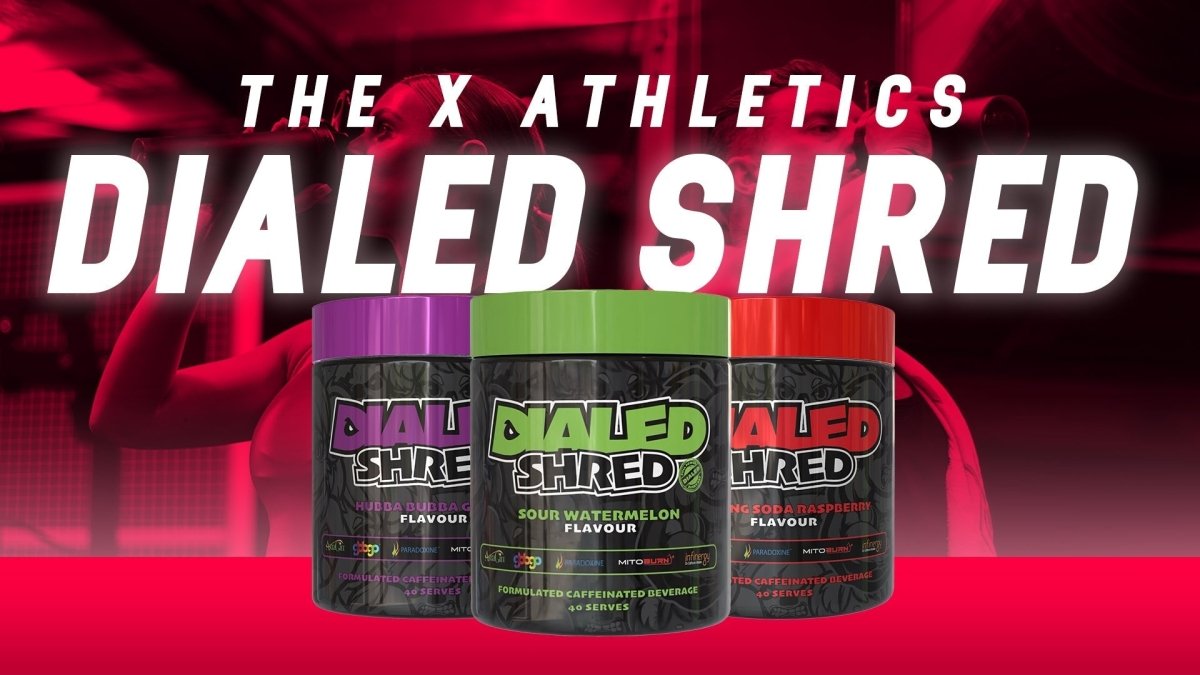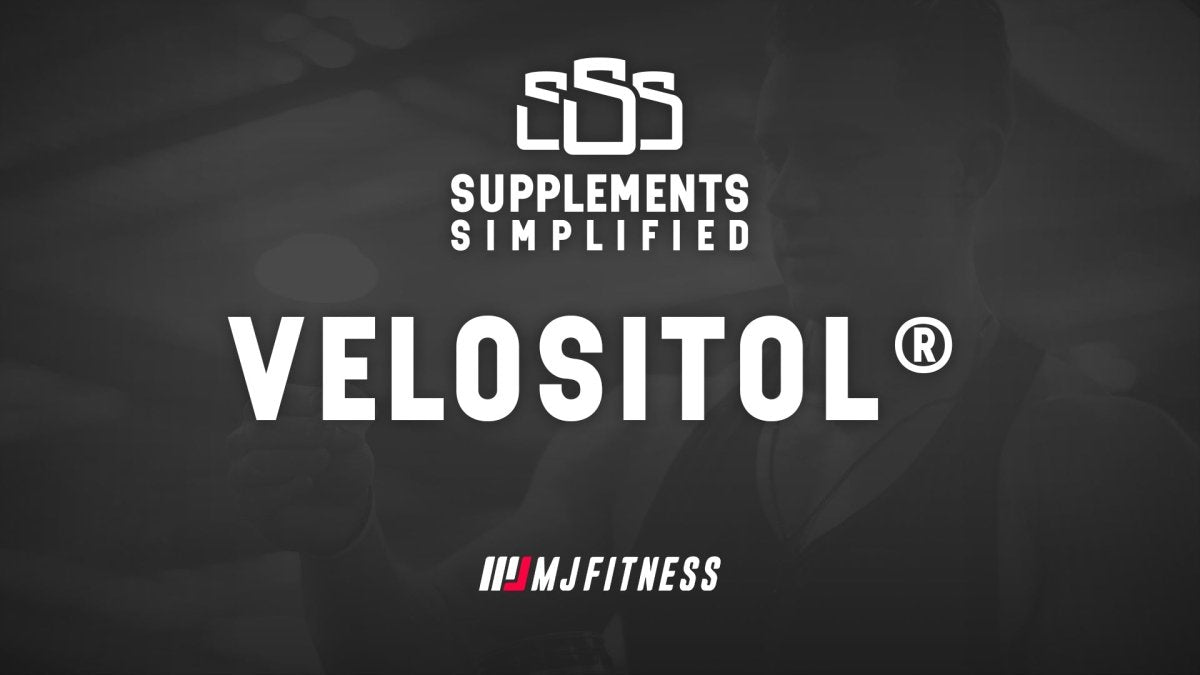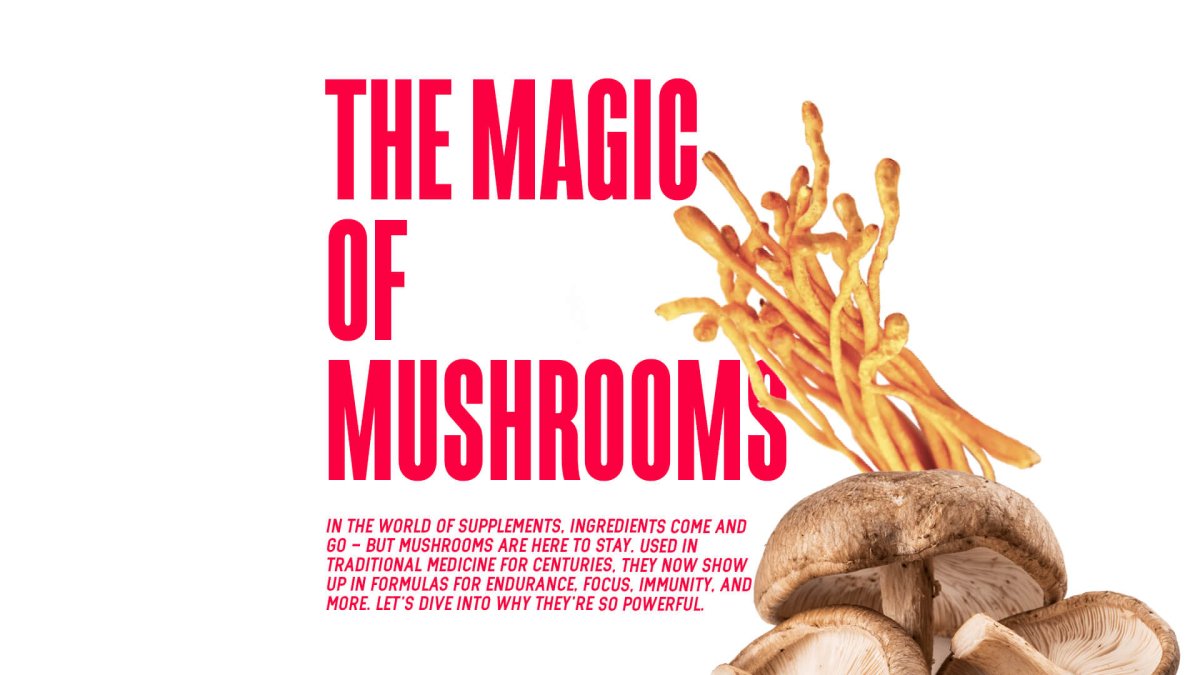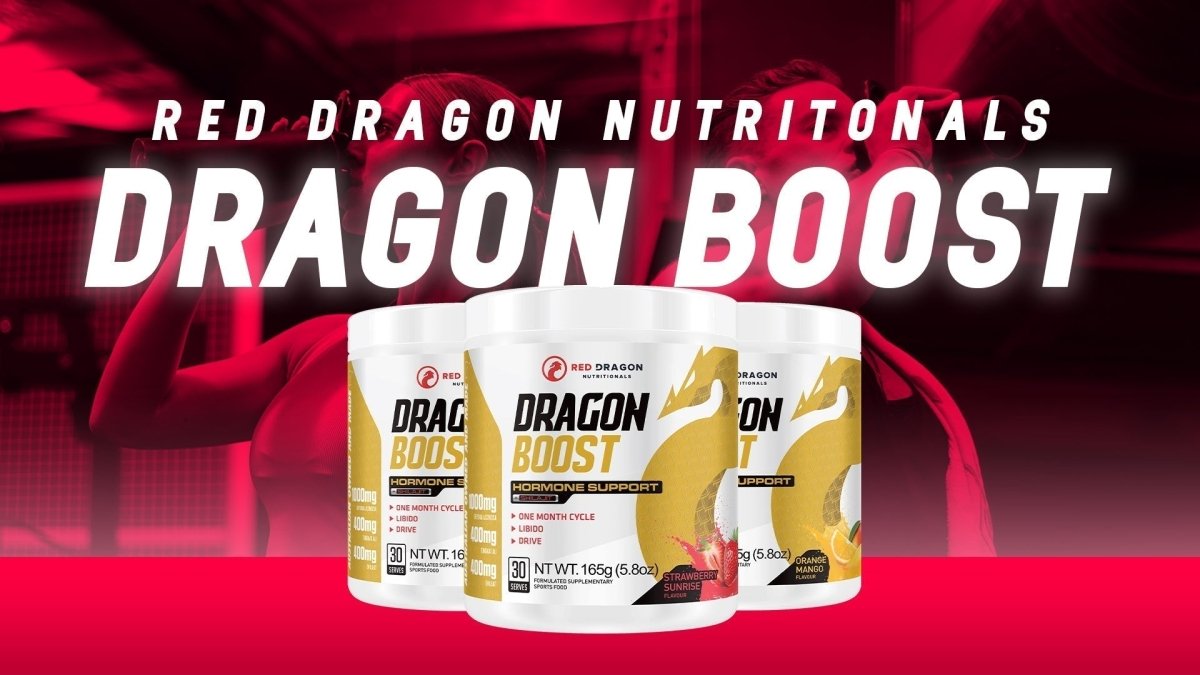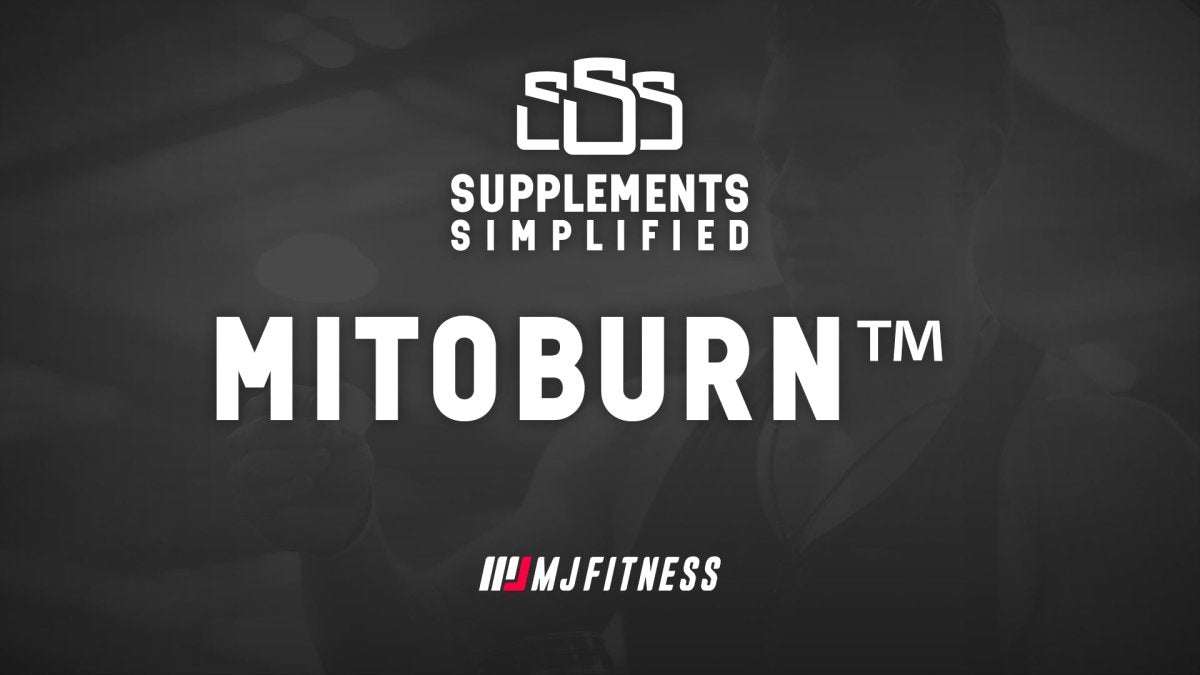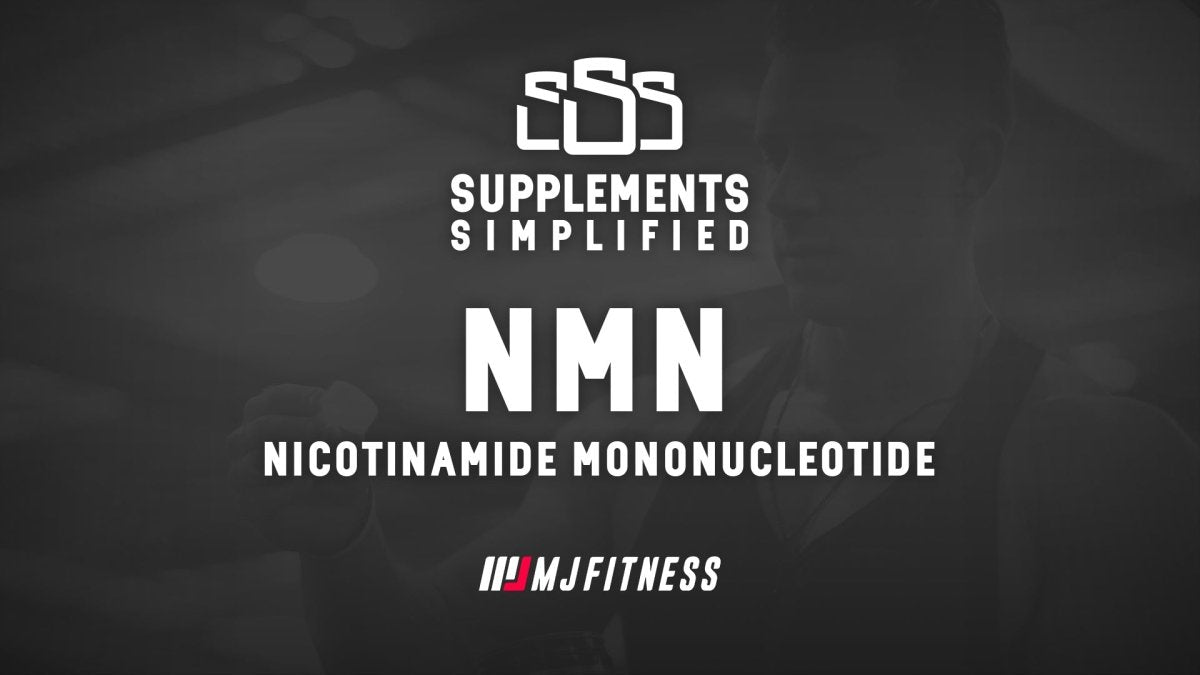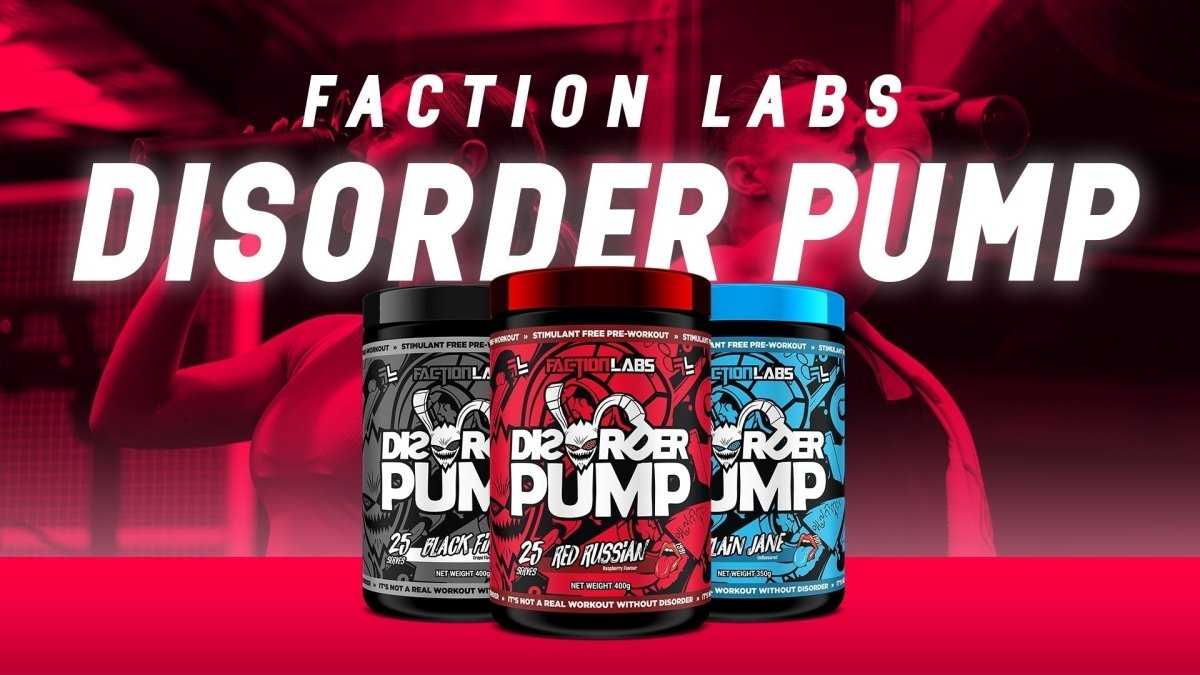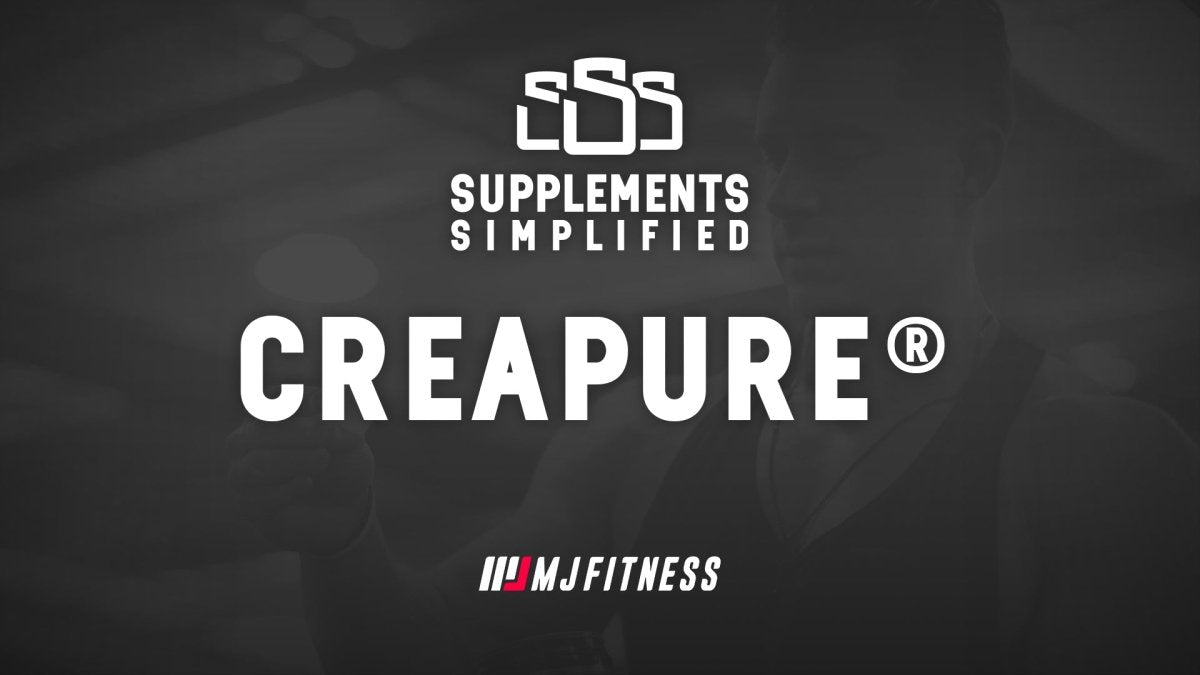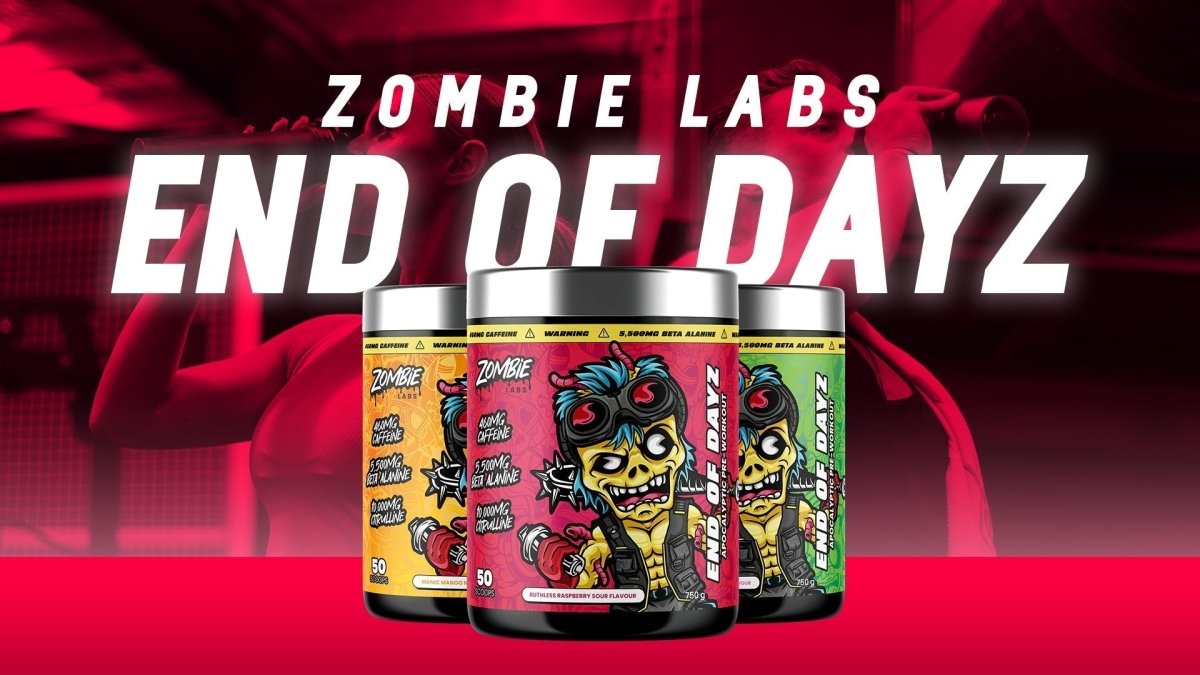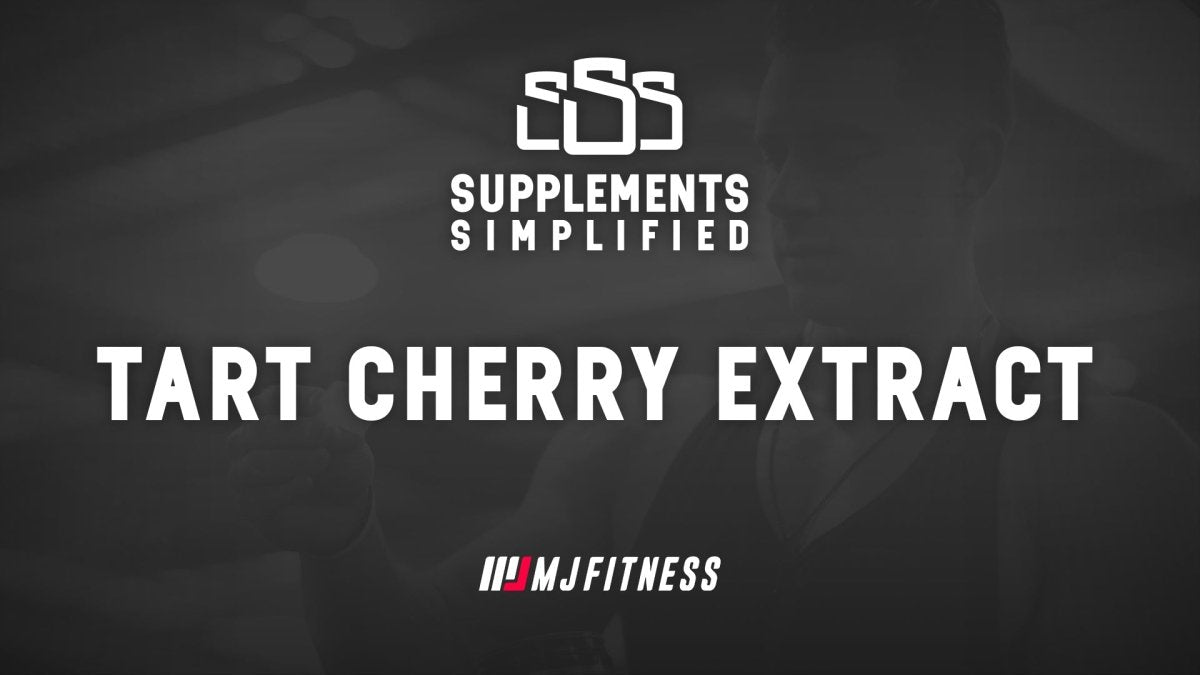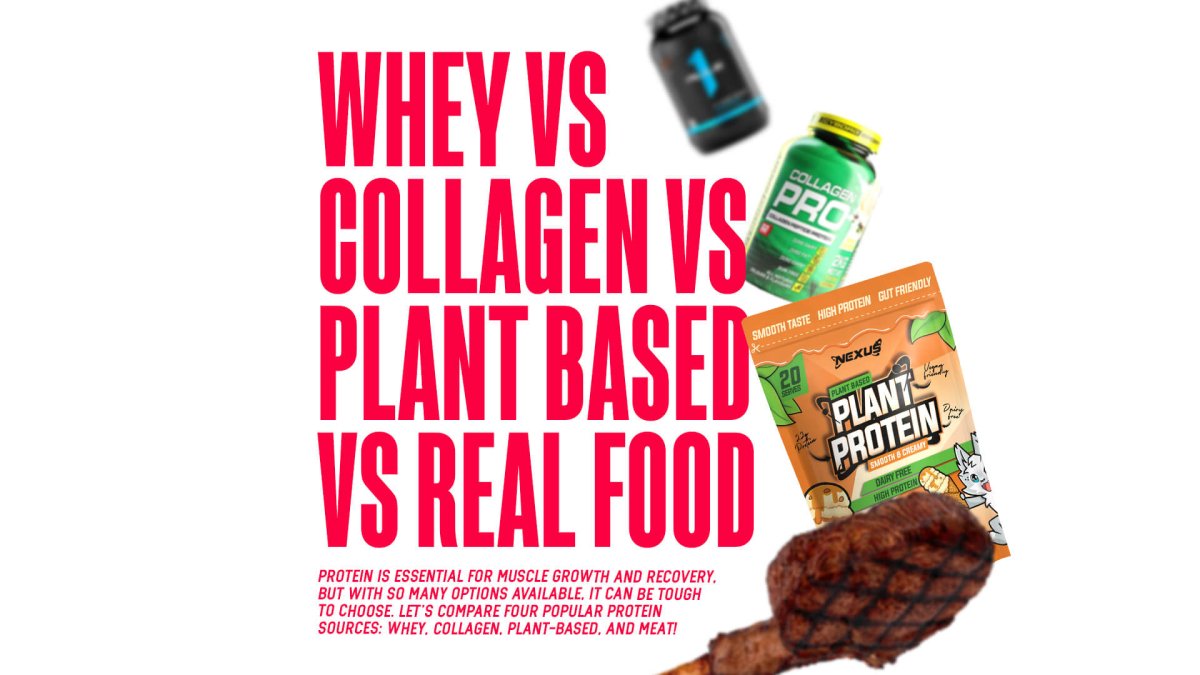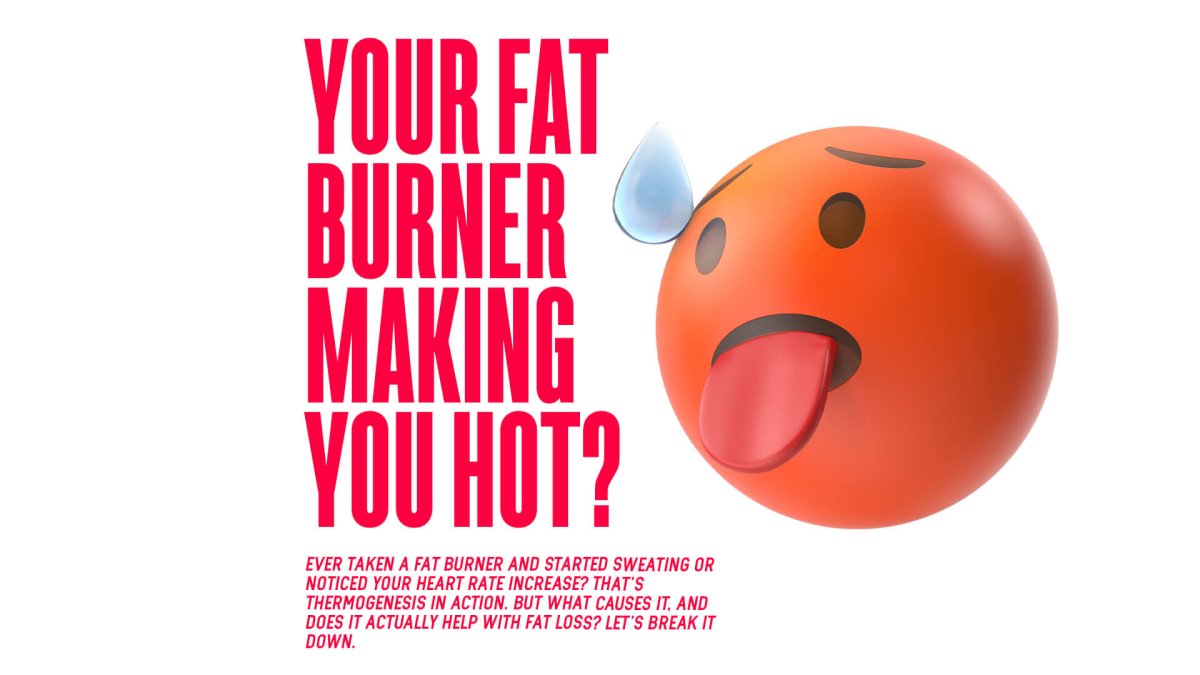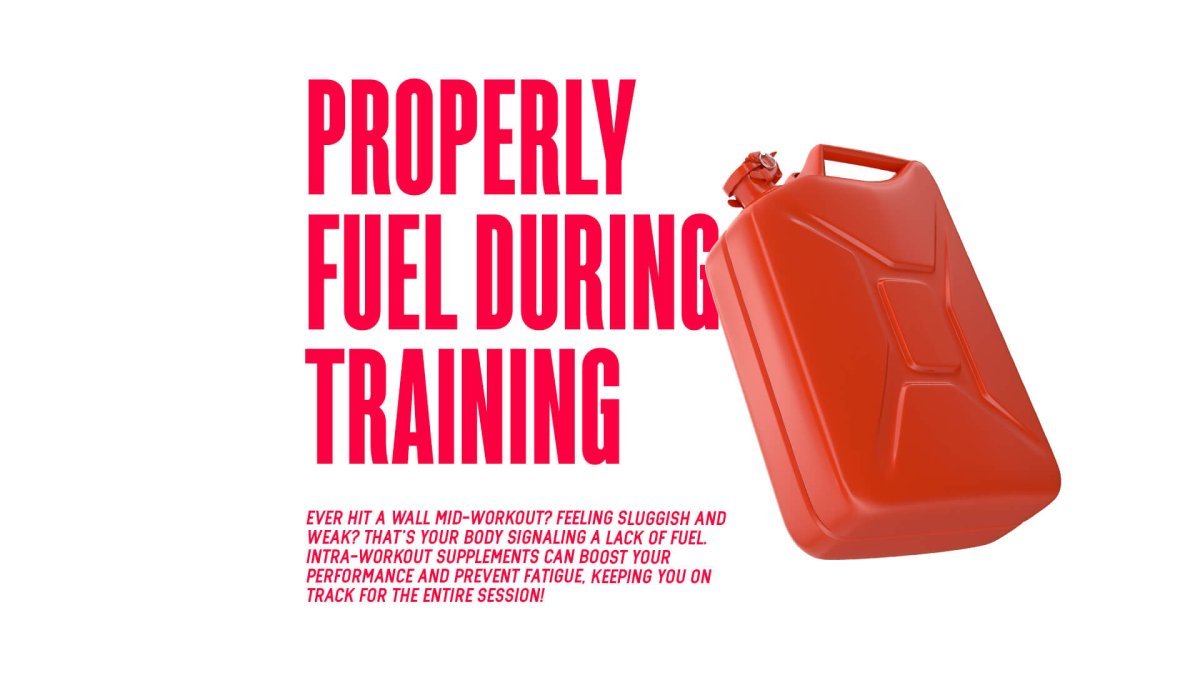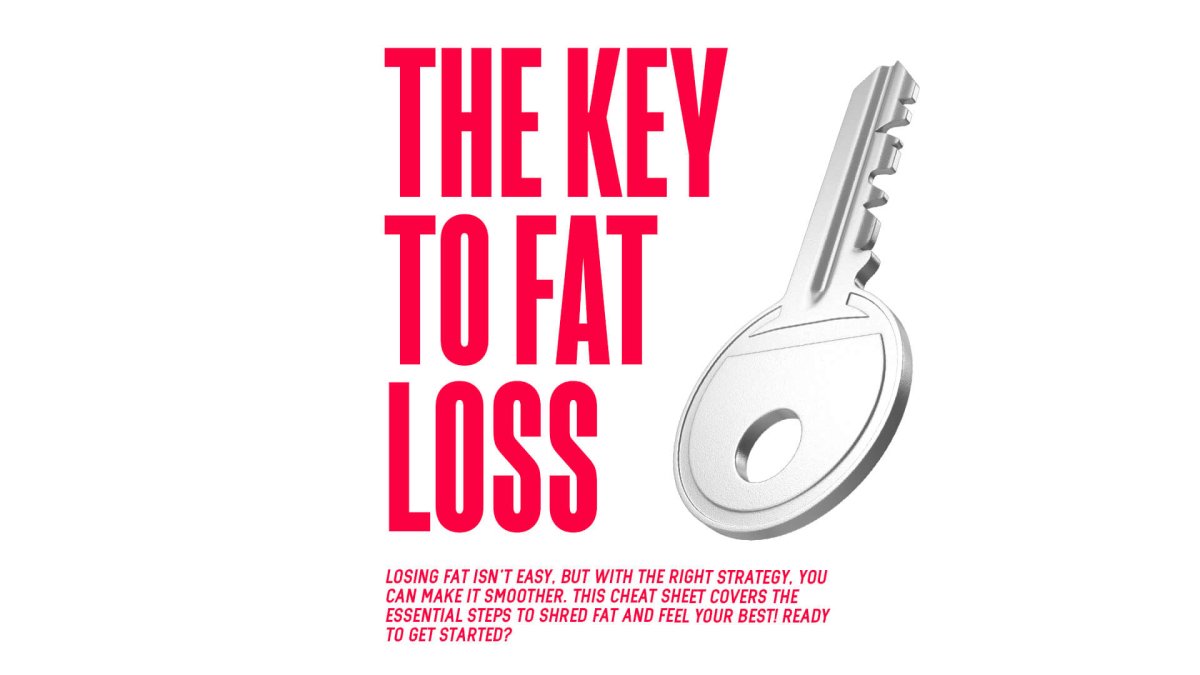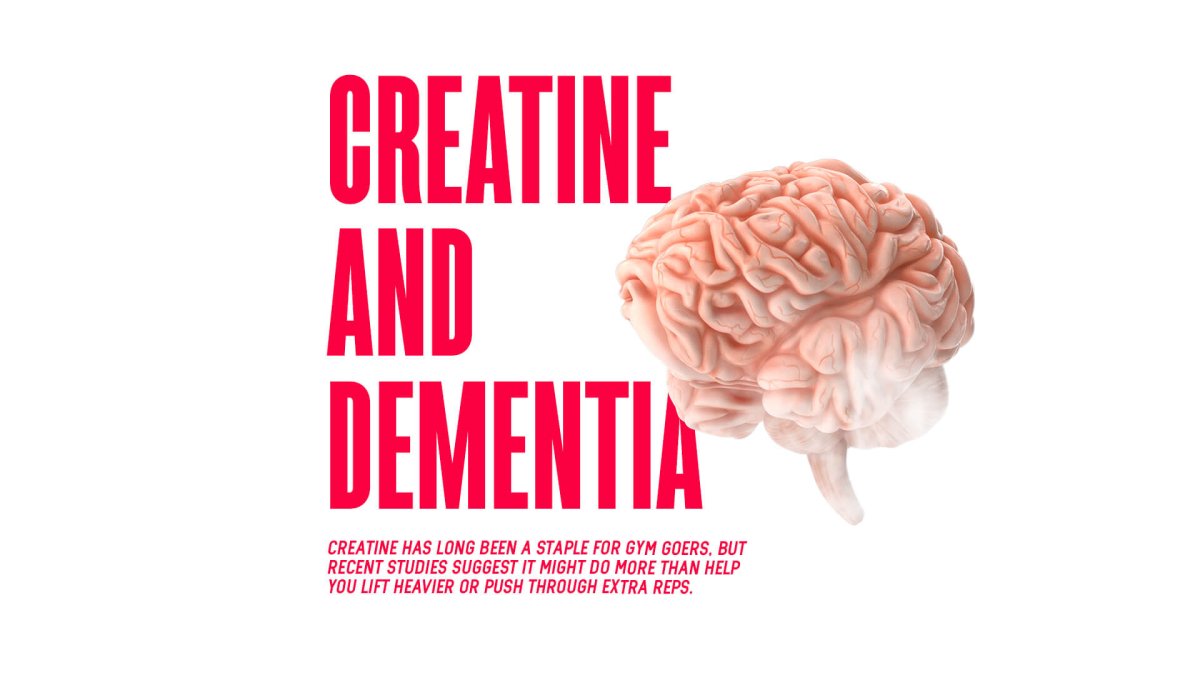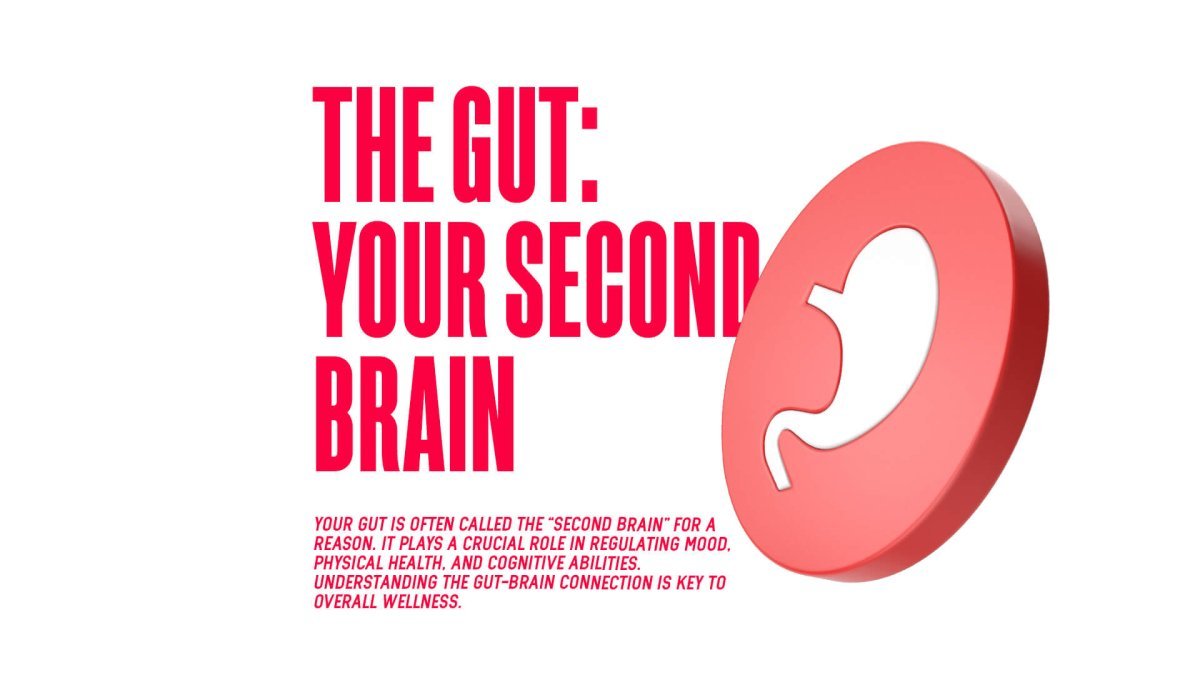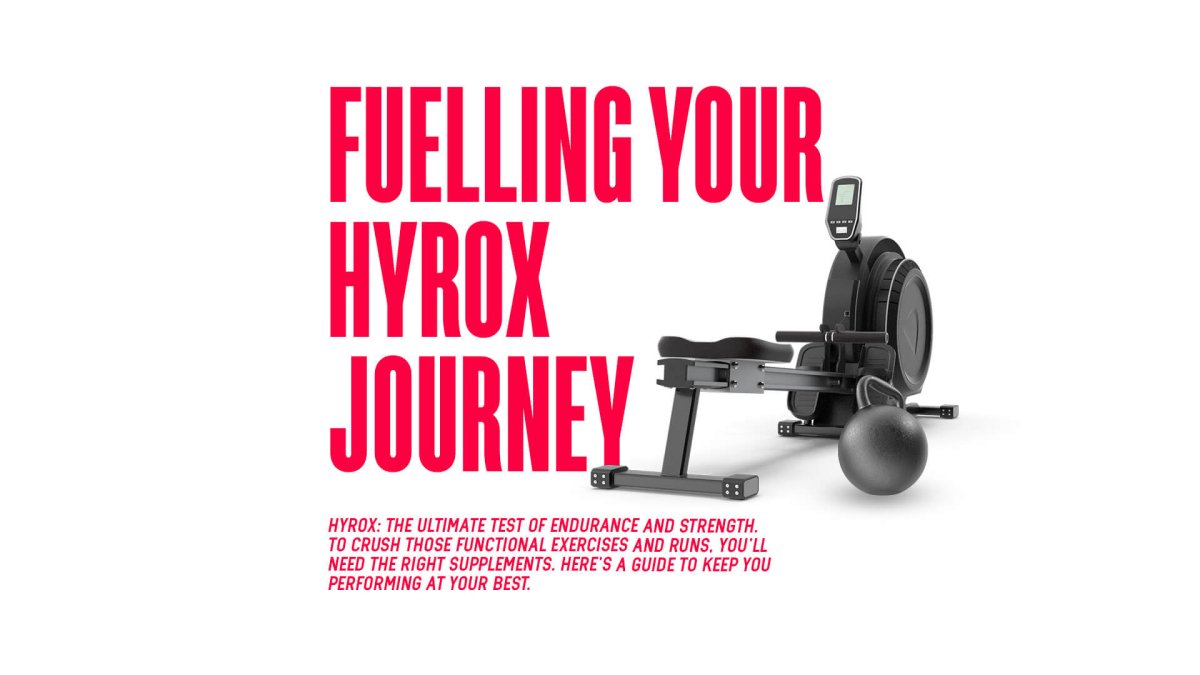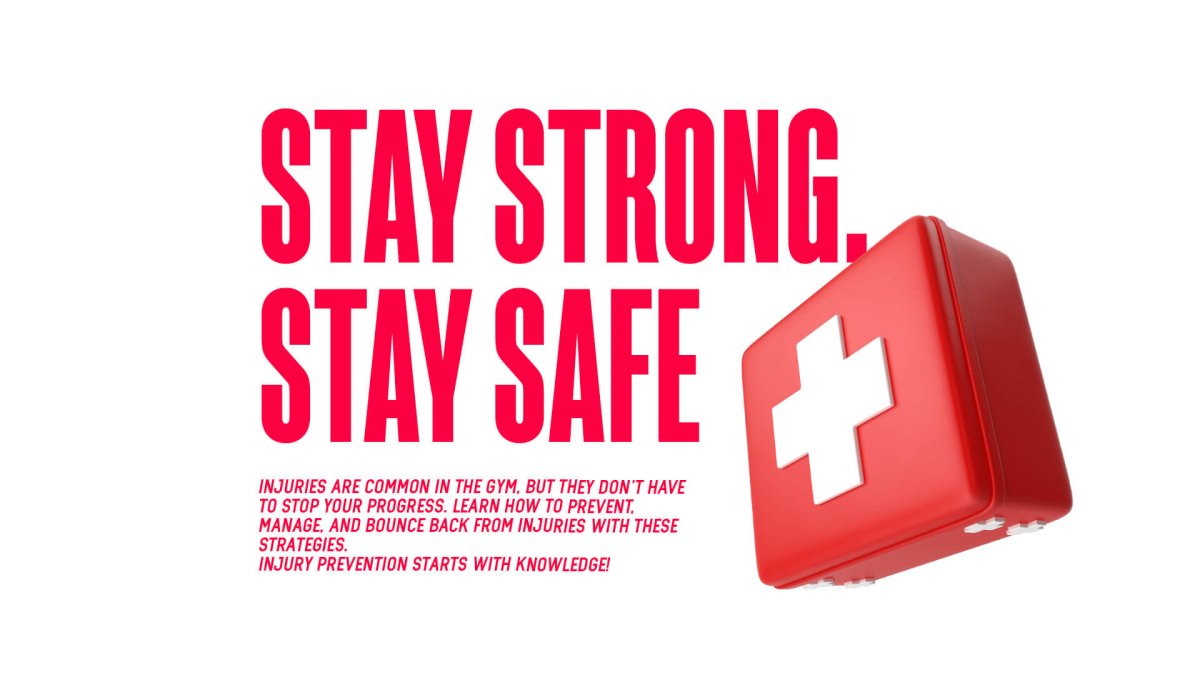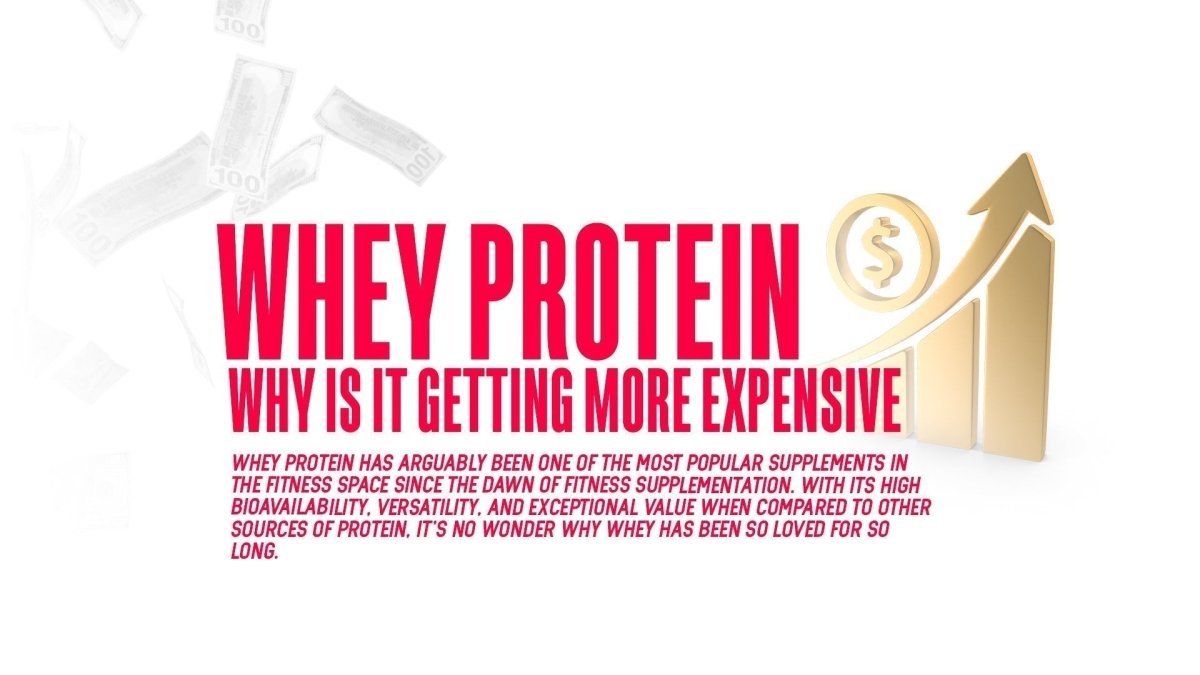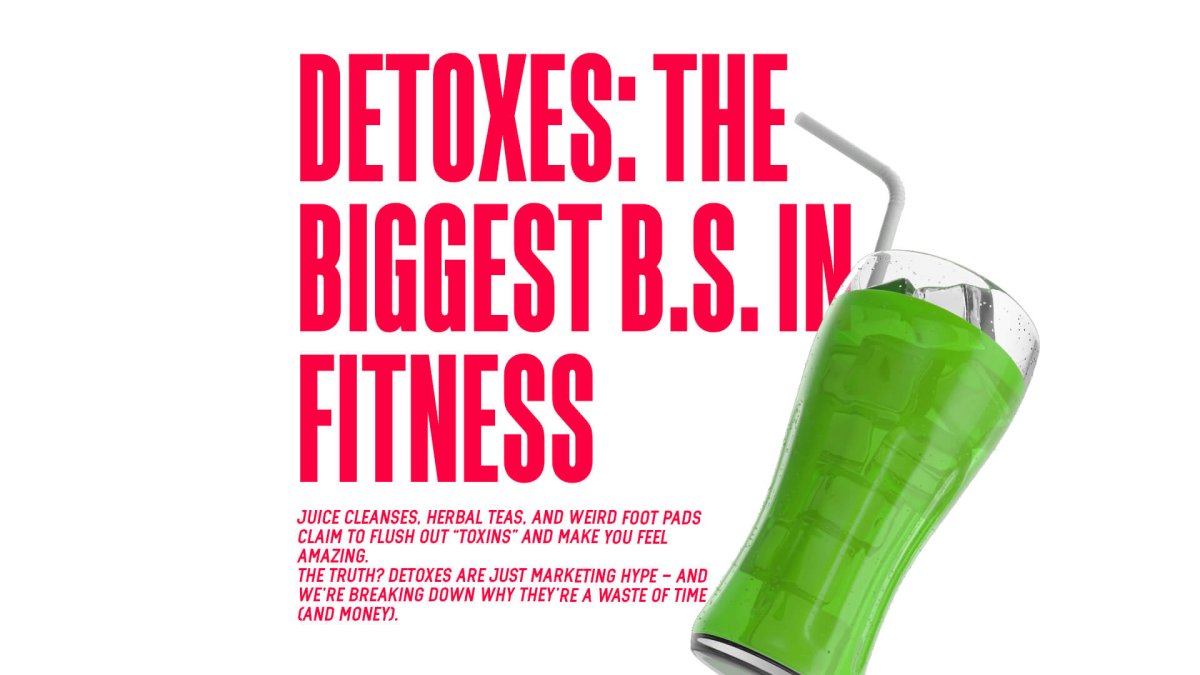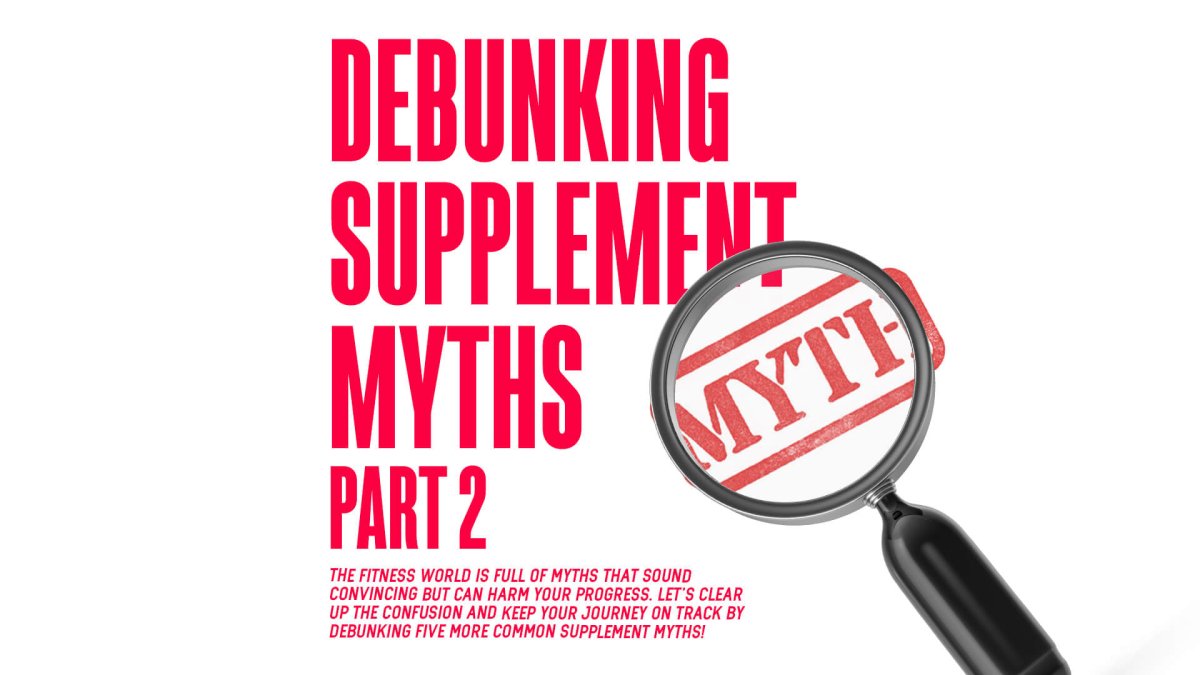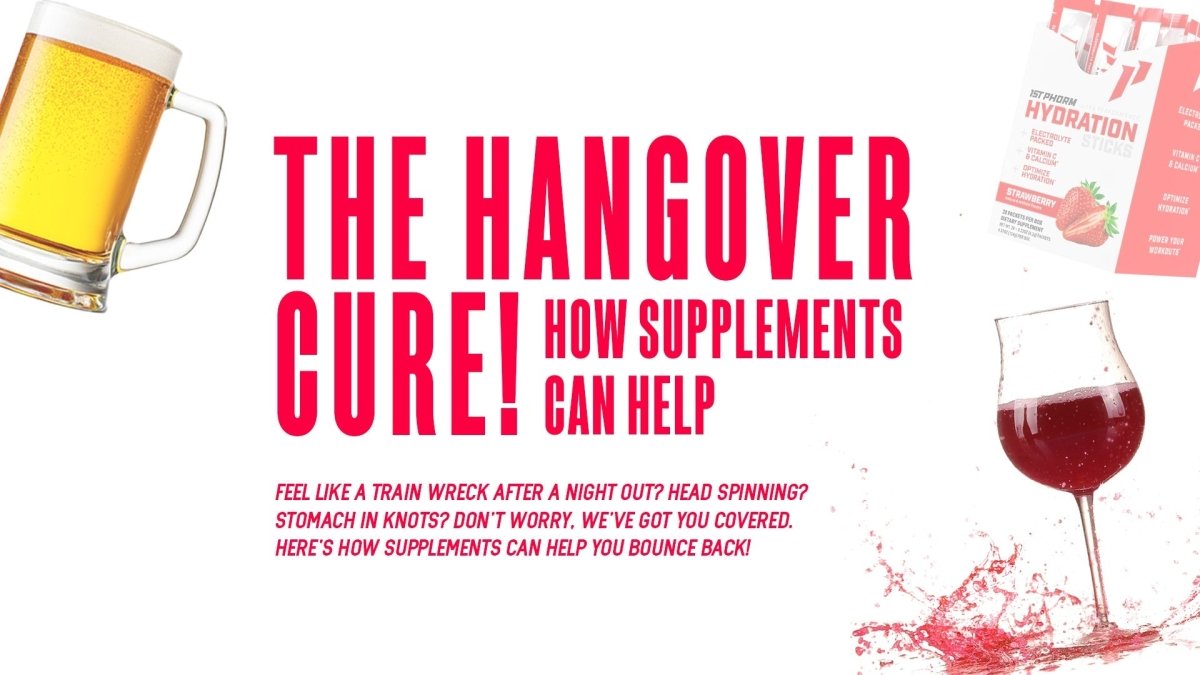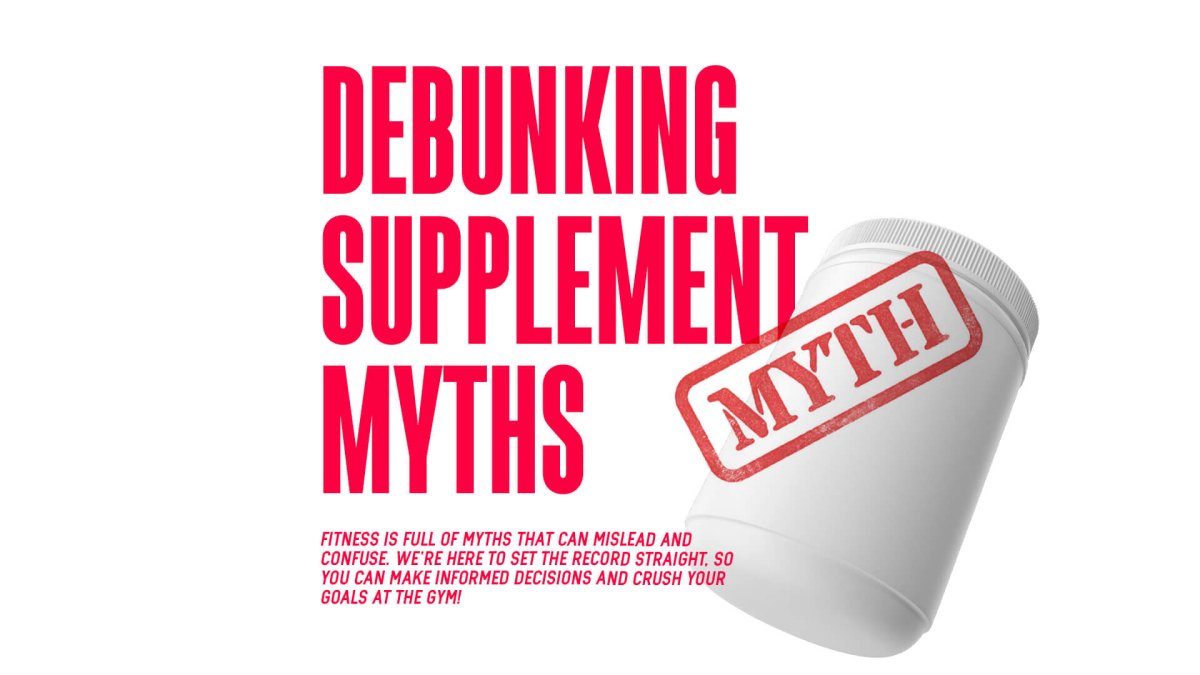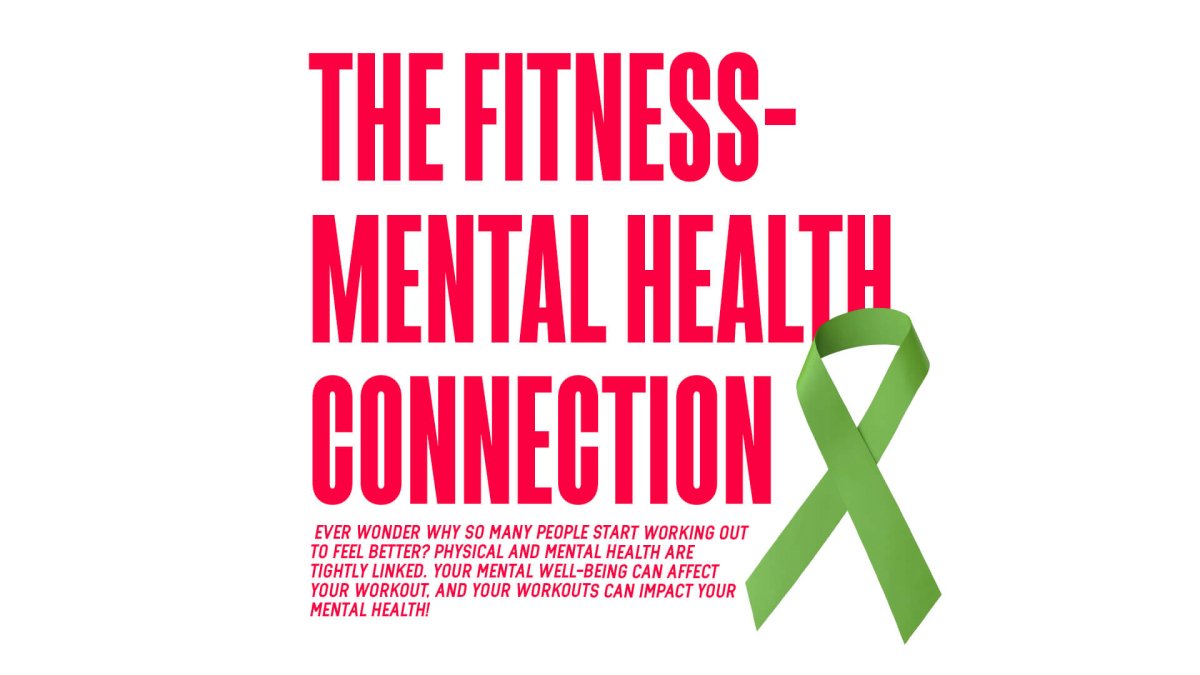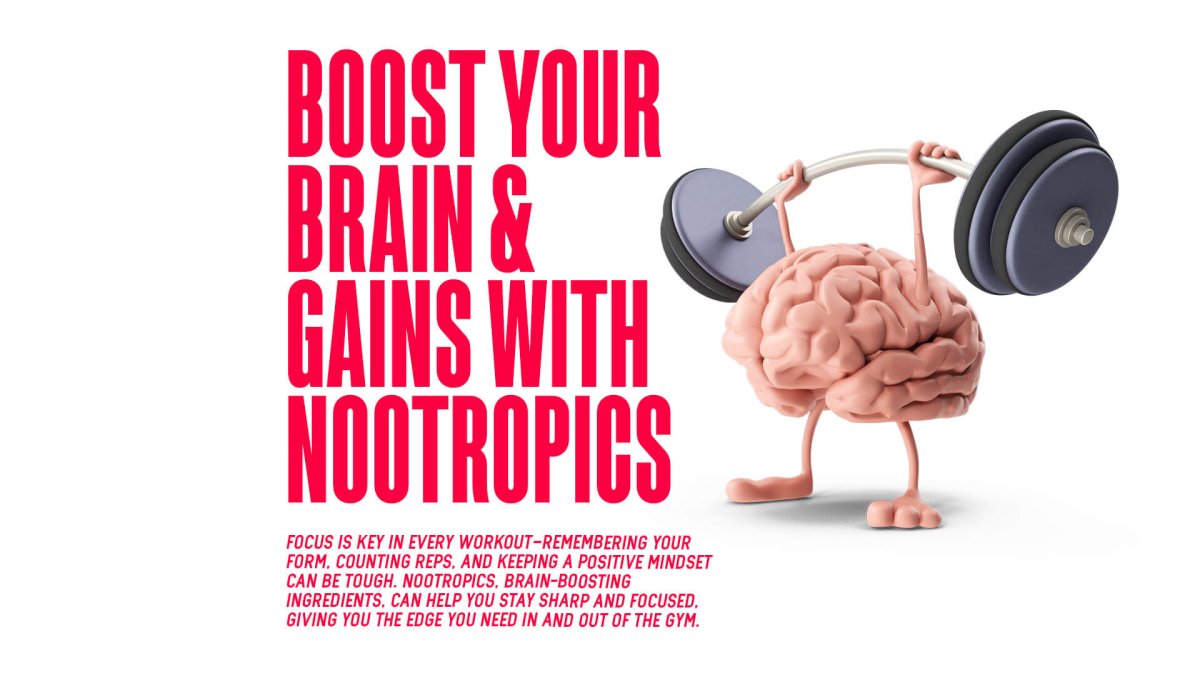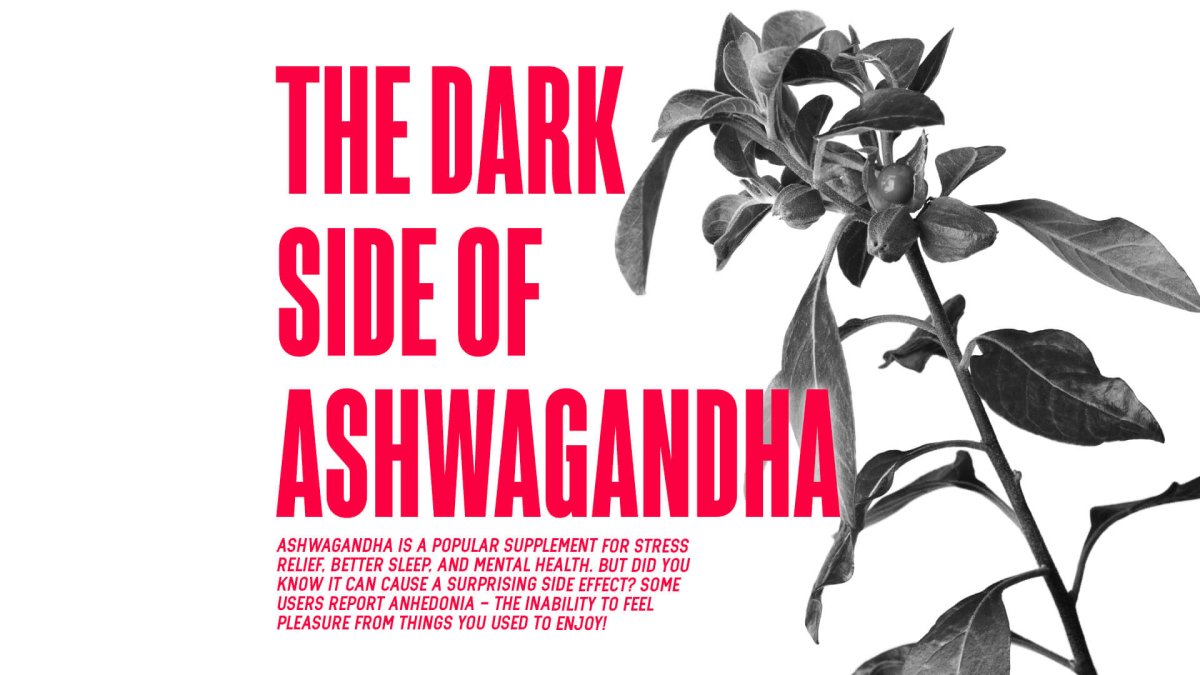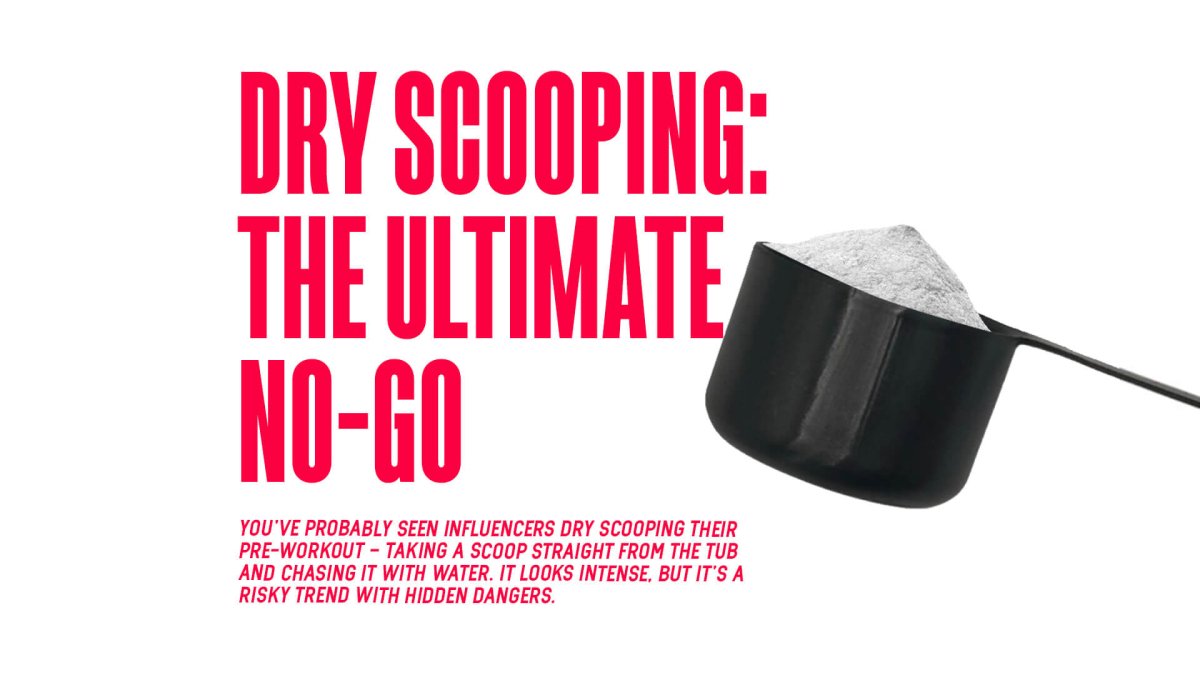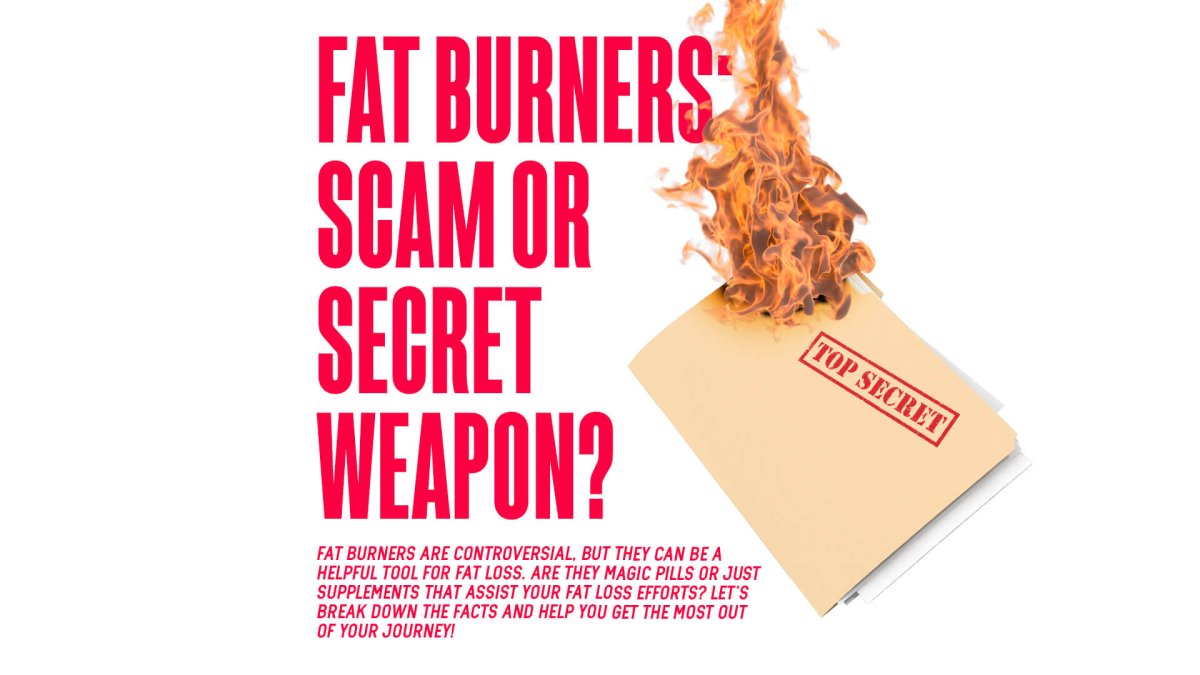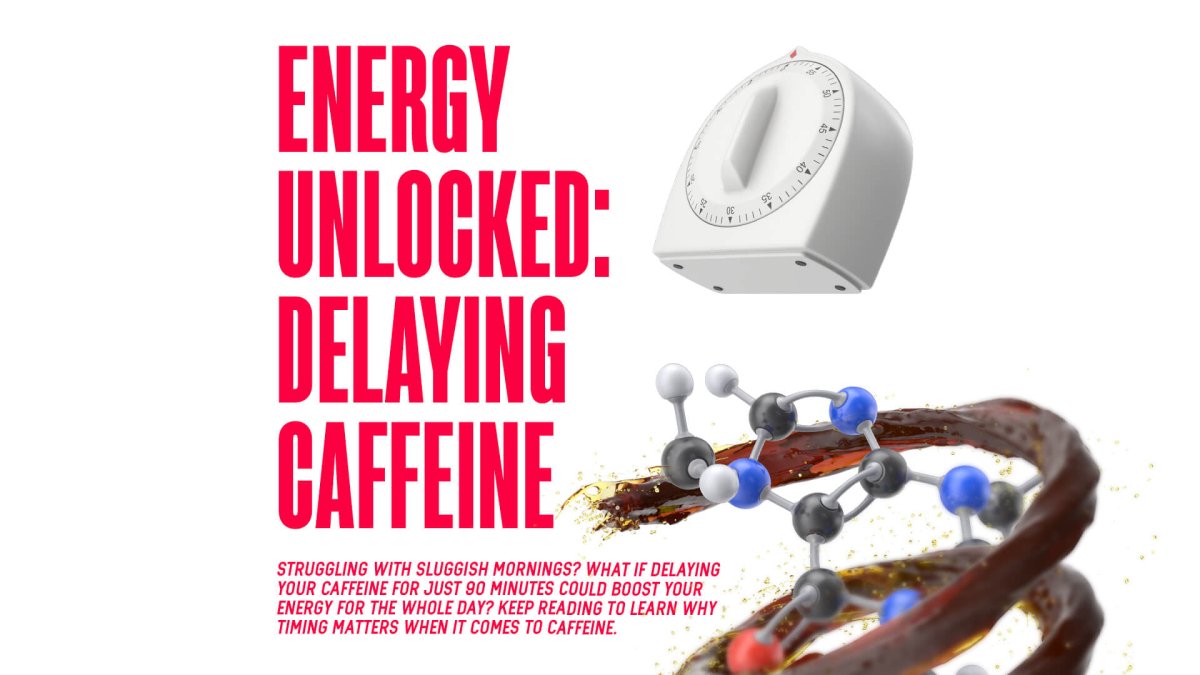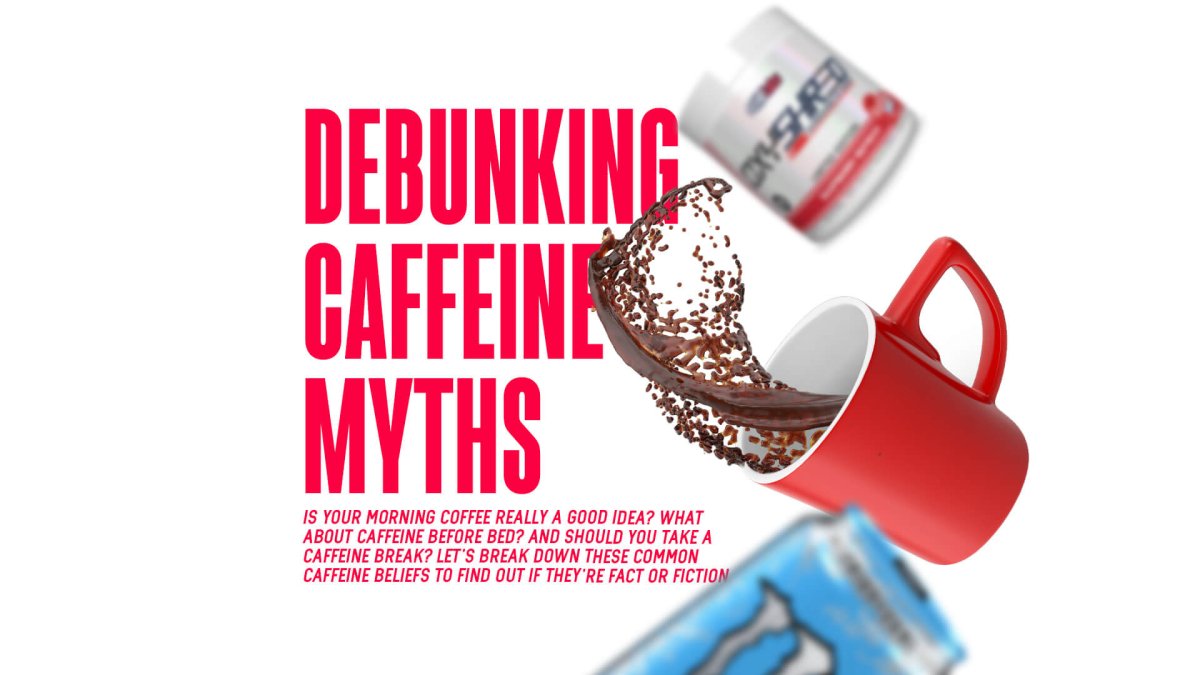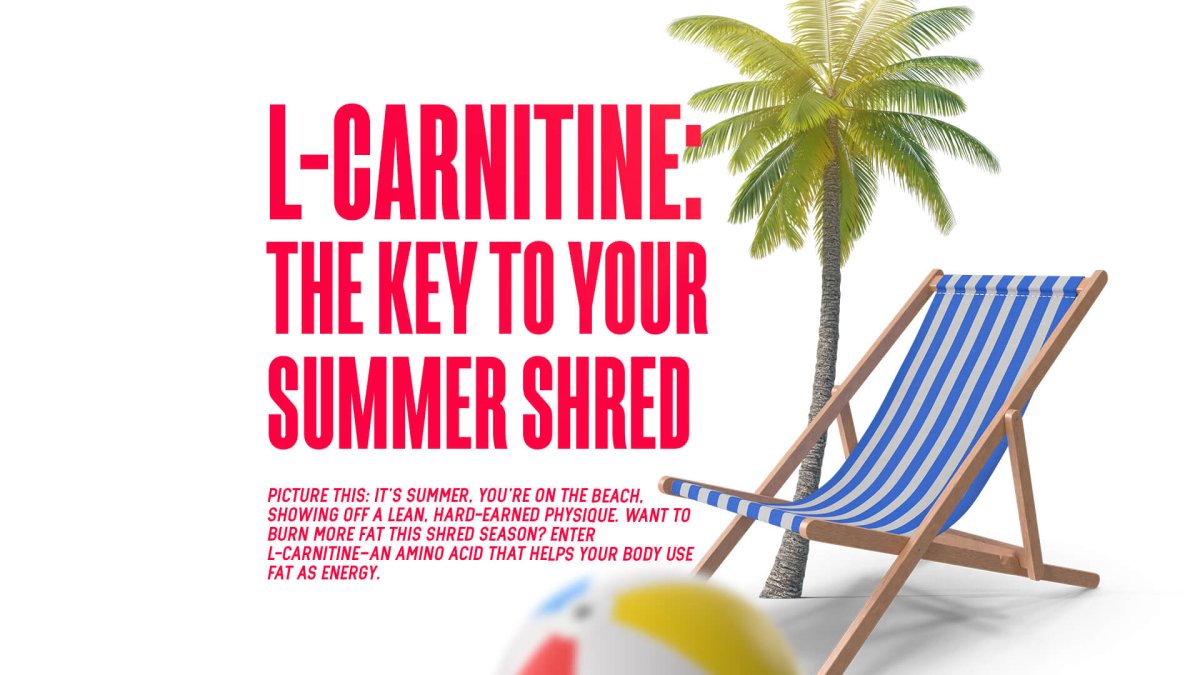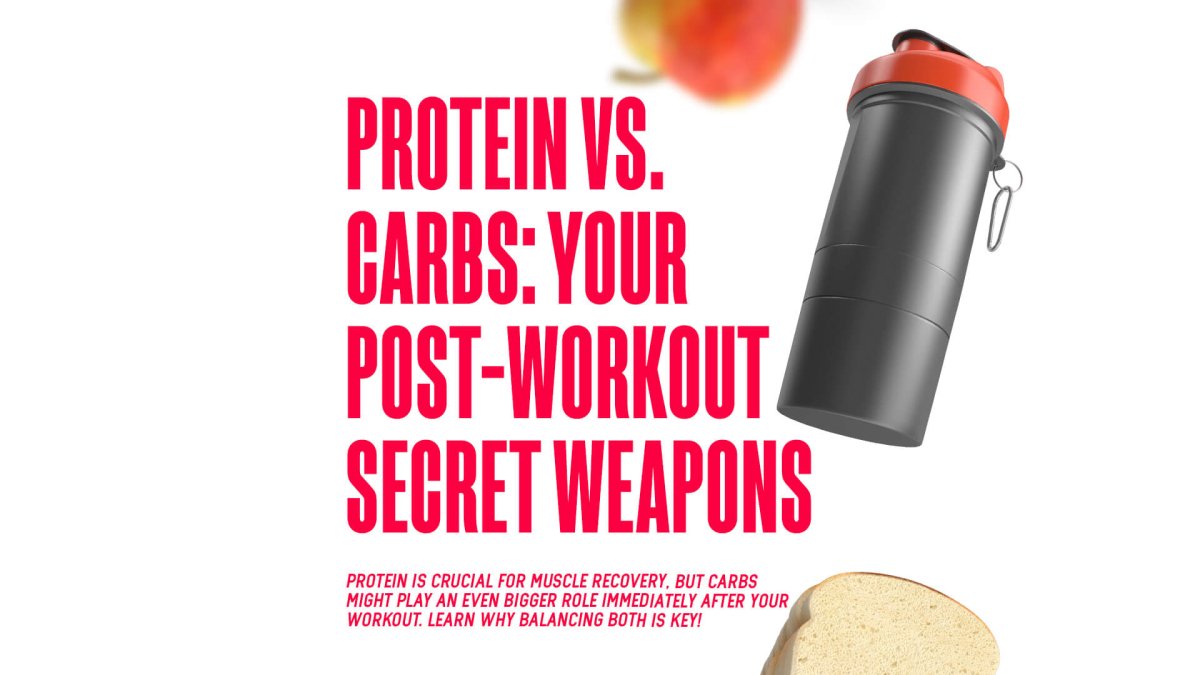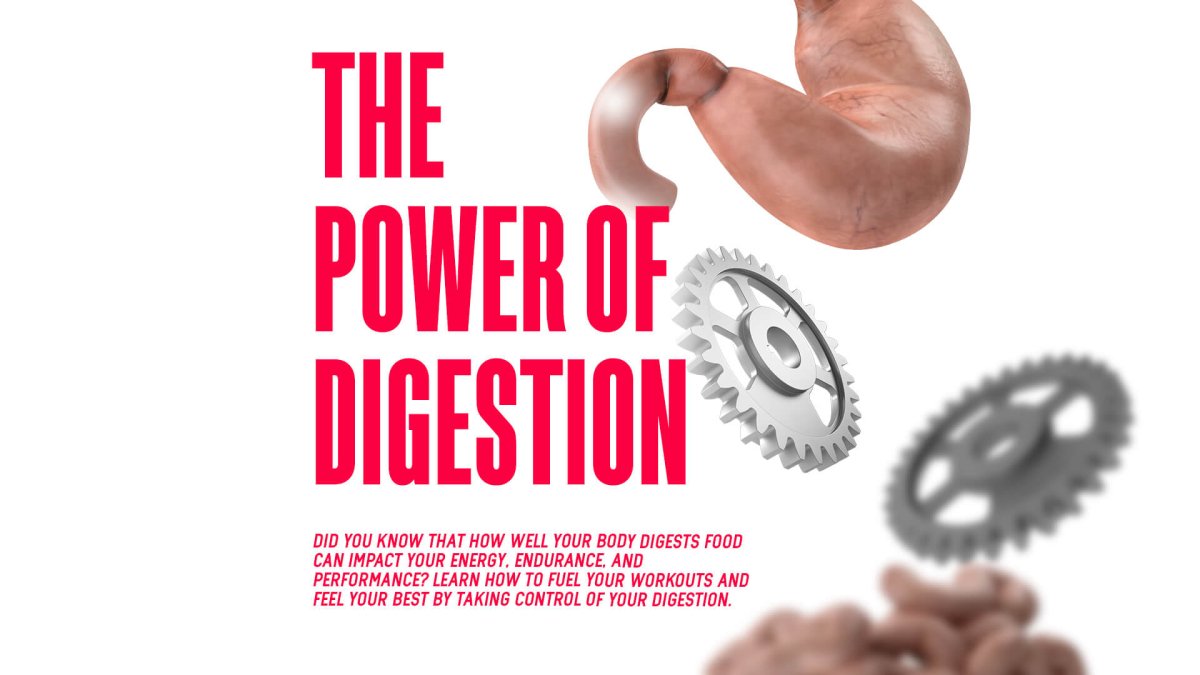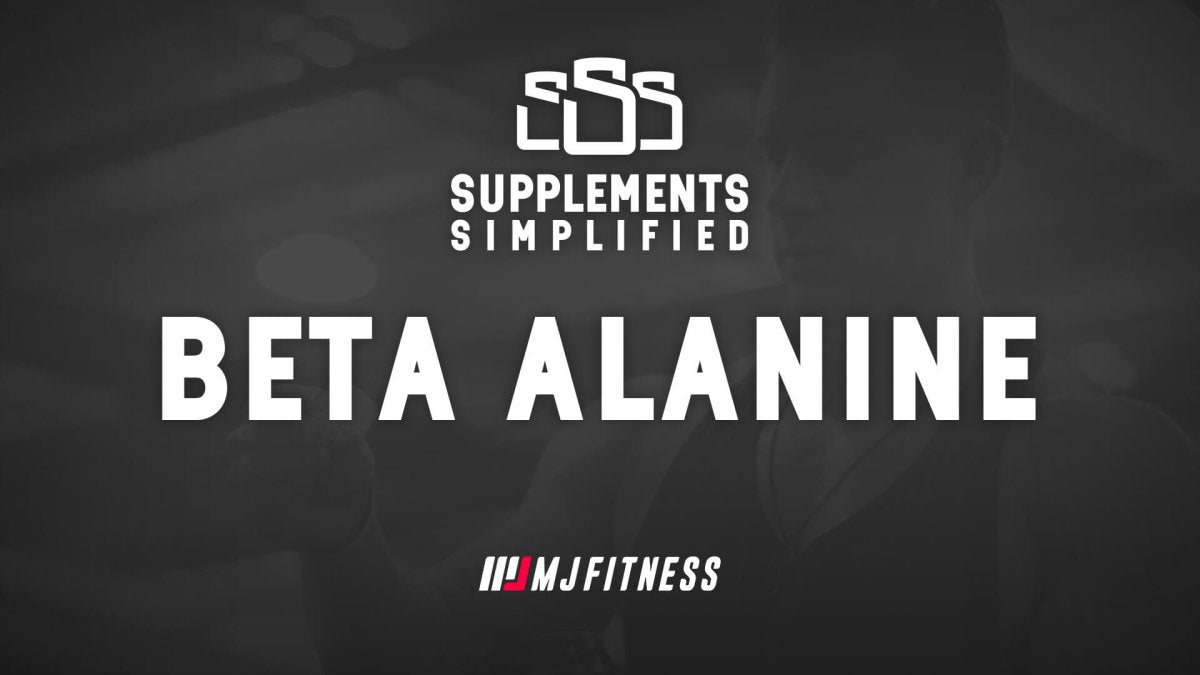Supplement formulas have always pushed the limits when it comes to intense stimulant blends. When a pre-workout manufacturer, especially in Australia, wants to create a new pre-workout with stimulants, they have to be very careful with what they choose. Why? Australian laws. Australia has a keen eye on the supplement industry when it comes to effectiveness vs regulations. If you miss that one pre-workout that used to make you, and wondered why it left the shelves, then read on.
The Therapeutic Goods Administration (TGA) and Supplement Regulation
The supplement industry in the land down under is under the careful eye of the Therapeutic Goods Administration (TGA), within the health department of the government. In the U.S. many supplements are treated as food products, and are left to the manufacturers to deem them safe for consumption. However, in Australia, the TGA is in charge of regulating any ingredients in your favourite pre-workout that significantly affects the body, like a strong stimulant, and treating it as a medicine. This means that pre-workouts with high doses of stimulants must be under the same banner and pharmaceutical drugs.
If a supplement raises your heart rate, blood pressure or increases your focus that little too much, then it’ll be classed as a medicine. This means it’ll have to go through the long processes for official approval, or it’ll be banned from being sold entirely.
The Crackdown On Stimulants
The Australian government has a history of banning ingredients, mostly stimulants, in pre-workouts. A handful of the well known ones include:
-
DMAA (1,3-Dimethylamylamine) – Once a big part of the hardcore pre-workout scene. This strong stimulant was banned after the risks of heart problems, strokes and even fatalities.
-
DMHA (2-Aminoisoheptane) – Once DMAA was off the market, DMHA came onto the scene. However, that was quickly banned as well because of the same health risks
-
Beta-Phenylethylamine (PEA) – Another strong stimulant known for increasing both energy and focus. PEA is banned because of its side effects on the heart.
Spot the pattern? The majority of these stimulants are banned due to their effects on your heart and cardiovascular system.
Caffeine Limits
If you were hoping that caffeine is free from the TGA’s grasp, you’d be mistaken. In the U.S. supplements can have formulas of 300-400mg of caffeine per scoop on the higher end. Australia limits caffeine to 80mg per 250ml, or roughly an average cup of instant coffee, in energy drinks. This is why you’ll see energy drinks with no more than 160mg of caffeine per 250ml. For powdered pre-workouts, the serving of caffeine can’t exceed 5% of the serving size. Meaning that for every 10g of powder, you can’t go over 500mg of caffeine. These regulations mean you still get a caffeine boost of energy, but a safe boost.
How This Affects Supplement Consumers in Australia
If you’re in the market for a new high-stim pre-workout, your choices will be limited. Many of the world's hardest hitting formulas won’t make it to Aussie shelves. The ones that do more than likely have to have a version that’s compliant and a bit lighter on the stimulants.
It’s frustrating to have your favourite pre-workout get pulled from shelves, but there’s a valid argument as to why they get pulled. The regulations are in place to protect consumers from dangerous, and potentially deadly side effects. Unregulated pre-workouts, with some seriously strong stimulants, have been linked to serious health risks, including heart attacks and strokes.
Manufacturer Workarounds
Even with Australia’s strict regulations, pre-workout manufacturers are finding ways to still keep the strong effects and stay in line with the TGA’s demands. An example would be higher stimulant pre-workouts directing you to mix them with upwards of 500ml of water, to keep them within the 80mg per 250ml limit. Another way that they work around the regulations is by adding naturally occurring stimulants such as english walnut extract (Juglans Regia) and bitter orange extract (synephrine). This way you can still have your strong, hardcore pre-workout in Australia. Plus the added active ingredients means that the caffeine won’t go over 5% of the serving size.
The Future of Pre-Workout Regulation in Australia
The Australian pre-workout market is still thriving, giving people the ability to push their limits when they’re training. The TGA may seem like they’re trying to take all the fun out of pre-workouts. In reality, they’re making them safer and reducing risks of adverse effects. Sure, they won’t have as strong an effect as current regulated ingredients, but if the payoff means not dying, I’d say it’s worth it.
